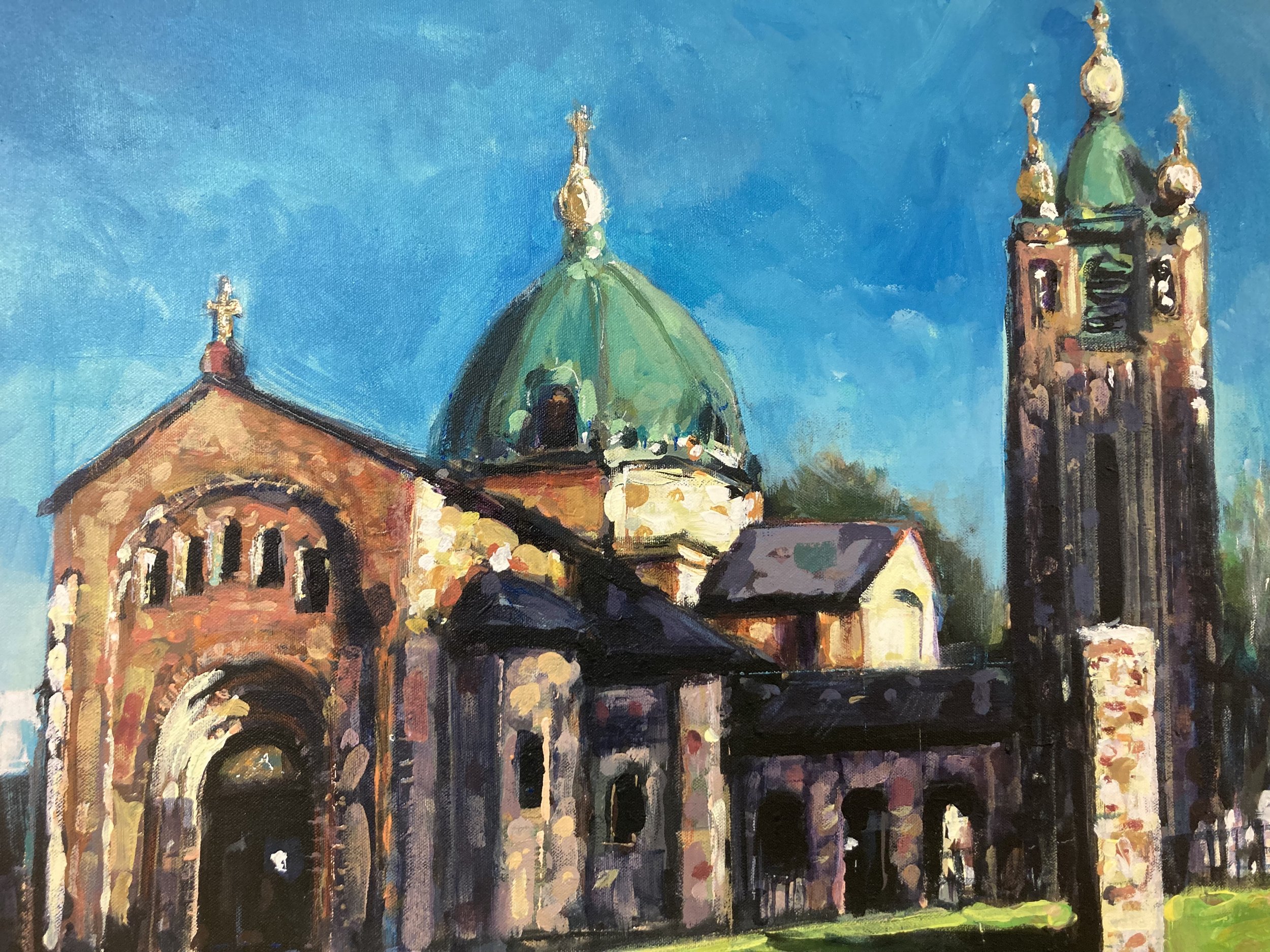
Education
(Audio Recordings, Videos, and Recommended Books for Inquirers, Catechumens, and Parishioners)
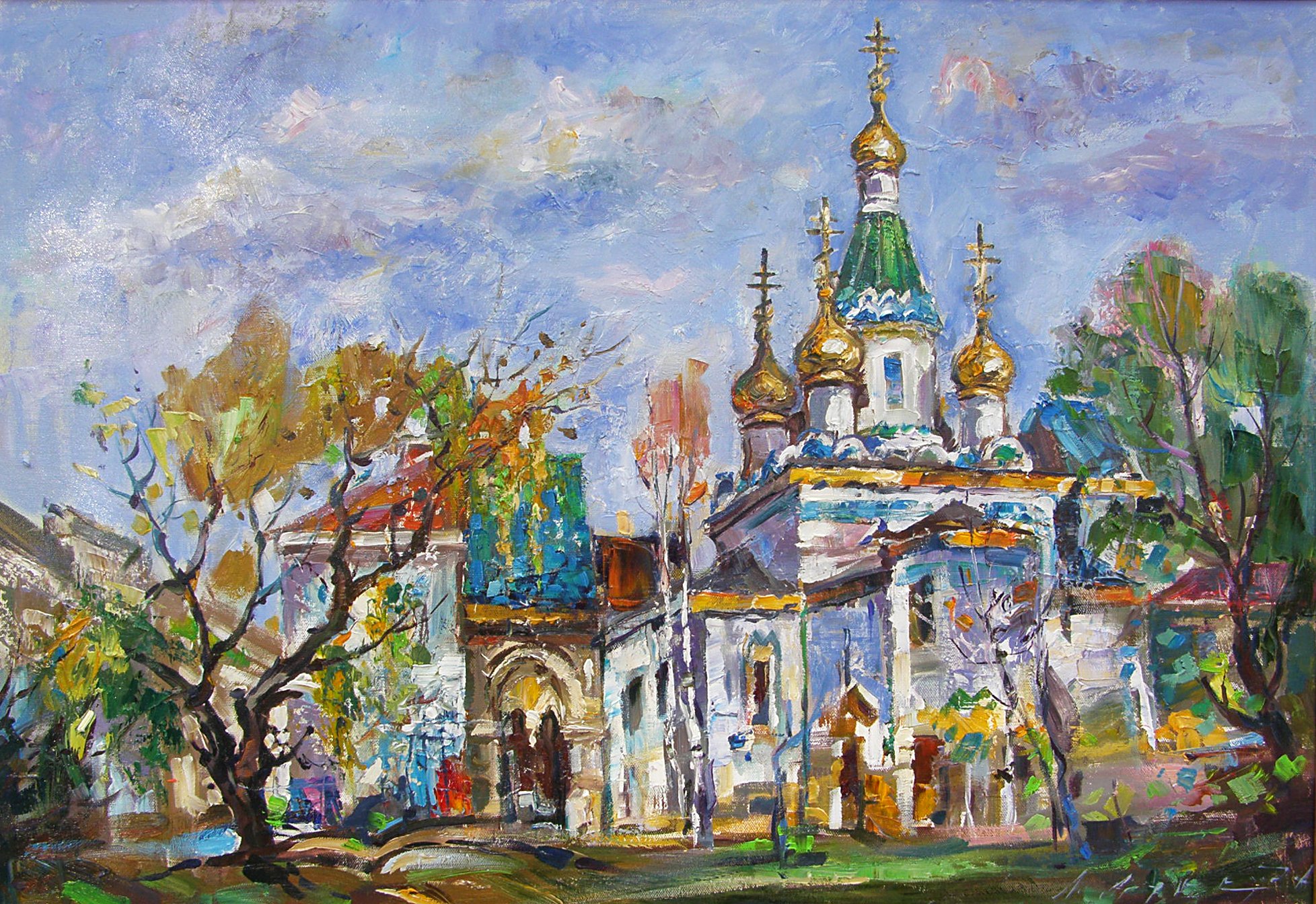
For Inquirers
For Inquirers of Holy Orthodoxy
Fr. Josiah gives us a simple look at how to approach one’s conversion to Orthodoxy.
Fr. Andrew gives advice to Orthodox Inquirers. He speaks of stories of St. Paisios of Mount Athos and St. John of San Francisco.
Abbot Tryphon gives great advice to inquirers and converts to Holy Orthodoxy.
This is an interview with Fr. Stephen Freeman on why he became Orthodox.
There are many people who question whether The Orthodox Church Worships or Prays to Mary? In this simple video, the answer is given to this question.
A very simple and introductory way of viewing the Orthodox view of Salvation in comparison to a mainline Protestant substitutionary atonement view.
In this video, Fr. Josiah Trenham gives a few answers to common questions from Protestant christians.
St. Alexis Toth answer questions regarding the infallibility of the Pope, the authority of the Papal Office, indulgences, purgatory, the authority of the Ecumenical Councils, and more…
This a reading from the writings of St. Alexis Toth on what is the Church. In here he shares his thoughts on the Pope, Protestants, St. Peter as the head, the binding and loosing of Peter, and more…
In this video, Fr. Andrew Stephen Damick comments on 5 misconceptions people often have of the Eastern Orthodox Church.
Fr. Andrew Damick lists 5 differences between Eastern Orthodoxy and Evangelicalism. (This list is not mean to be comprehensive.)
Fr. Andrew Stephen Damick lists 5 differences between the Roman Catholic Church and the Eastern Orthodox Church.
Fr. Ambrose’s Recommended Reading for Inquirers:
So begins this direct and heart-warming introduction to the Christian life that was first composed for the Aleut people of Alaska in the early nineteenth century. This book offers a classic Christian response to questions that we all must address at some point in our life: Why are we here and where can we truly find happiness and prosperity? In a time when the futility of the never-ending pursuit of material gain is being recognised more widely this work is more relevant then ever.
This unpretentious little book was written “to describe Orthodoxy from the inside to those outside.” At the same time, as its author suggests, it may serve as “an Episcopal pastoral letter” for the Orthodox themselves, for it deals with Orthodox faith in its most basic elements, revealing with remarkable simplicity and directness its messages of salvation for all mankind.
Way of the Ascetics is a rich, compact introduction for modern readers to the Eastern Christian spiritual tradition that has been an inspiration to millions for centuries. These compassionate and insightful reflections on self-control and inner peace are meant to lead the readers to fuller union with God. The author makes a generous selection of succinct yet profound extracts from the spiritual Fathers and provides an illuminating commentary and practical applications for daily devotion. He tempers austerity with common sense, warmth, and even humor, as he urges us on our journey toward God.
This enduring work of Russian spirituality has charmed countless people with its tale of a nineteenth-century peasant's quest for the secret of prayer. Readers follow this anonymous pilgrim as he treks over the Steppes in search of the answer to the one compelling question: How does one pray constantly? Through his journeys, and under the tutelage of a spiritual father, he becomes gradually more open to the promptings of God, and sees joy and plenty wherever he goes. Ultimately, he discovers the different meanings and methods of prayer as he travels to his ultimate destination, Jerusalem.
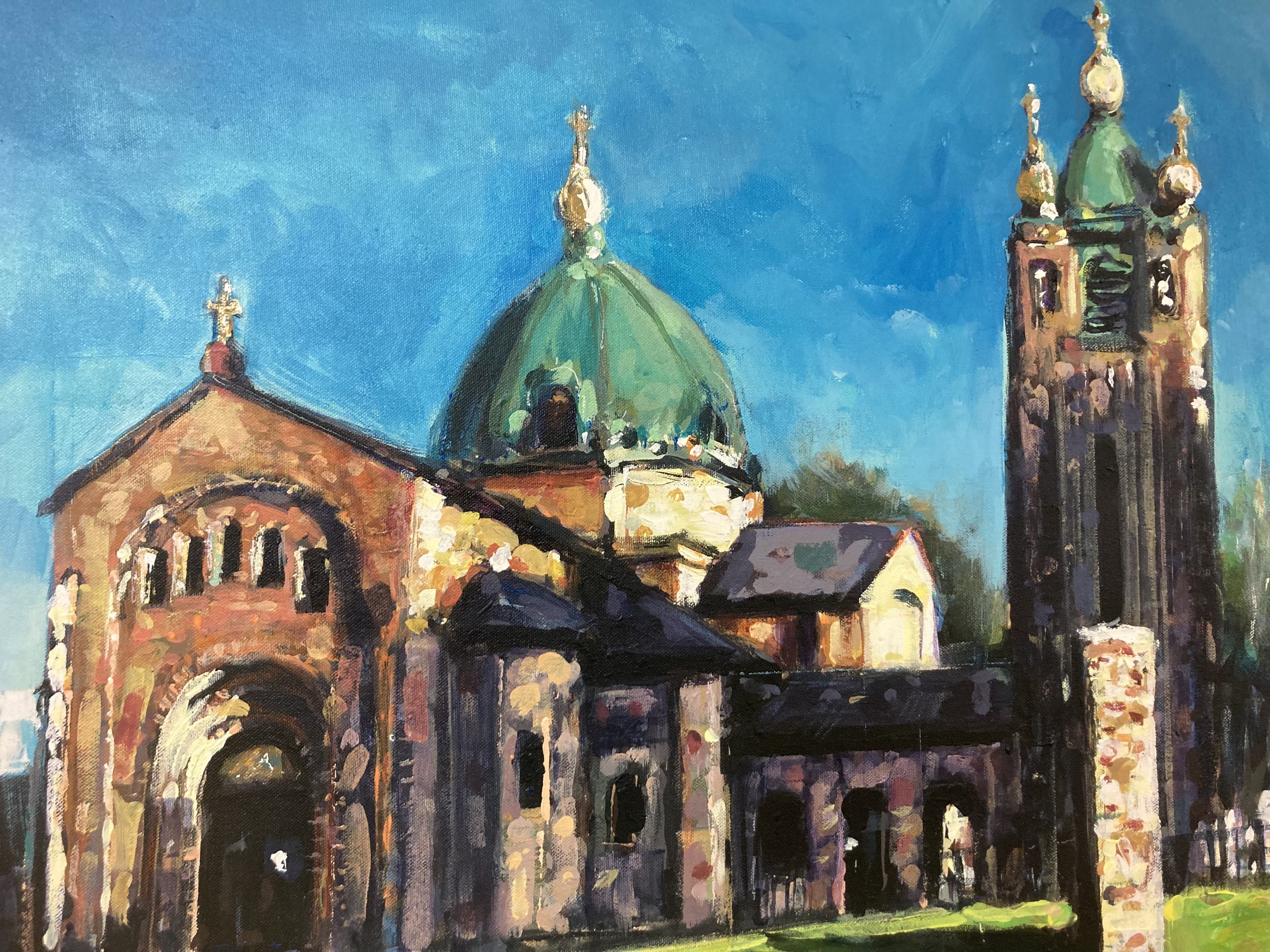
Foundations of Our Orthodox Life and Liturgy
Foundations of our Orthodox Christian Life:
What is the Resurrection? What is Paradise and what is hell? Is there repentance after death? We dive into all of these questions and more…
In this class we speak about the difference between the Particular Judgement and the Common Judgement. What is death? What happens after death? How can we begin to prepare for death?
What is the relationship between the body and the soul? How does the disposition of the soul affect the body? In this class we look at the body, martyrs, and the way in which God can sanctify Holy Relics.
How do the Orthodox approach God’s will? What is God’s will for my life and how do I discern God’s will? How can I participate in God’s will? How is the Orthodox approach different from other expressions of Christianity and other religions?
What is a Saint? Why is it that the Saints are venerated? What does it mean to pray to the Saints? How can the Saints aid and hearken to our supplications now in this life? How is it that the Saints can hear us?
There are thousands of Christian expressions in the world, what makes Orthodoxy unique? What is the meaning of human existence? What is Theosis and how does it apply to me? The Orthodox view of man’s aim and purpose for existence stands alone in comparison to all other Christian and religious expressions.
What are the passions? Are the passions natural or unnatural to our nature? What about our thoughts, how can we begin to distinguish between a passion free thought and thought mixed with passion? How can we begin to be healed of a passion? We dive into St. Maximos the Confessor and St. Justin Popovich on this deep topic.
In this class we go through Saint Ephraim’s Hymns on Paradise and highlight man’s life and condition before the fall. We look at the two trees in the garden, man’s fall, and how man can enter back into paradise, even in this age.
In this class we look at the distinction between the created and uncreated, and man and his approach to nature.
The Foundations of the Divine Liturgy Class:
In this class we speak about the meaning of the Prokimena, the significance of the Epistle, why we chant the Alleluia before the Gospel reading. What does the incense before the gospel reading represent? What does the reading of the Gospel signify and the closing of the doors after the Gospel is read? We go over all of this and more.
What is a symbol? How does a dualistic view of symbolism affect our understanding of the symbols within the Divine Liturgy? In this class we look at Gregory Palamas’ understanding of symbolism. From there we then look at the symbols of the Little Entrance and the Thrice Holy Hymn.
In this class we go line by line through the Great Litany. What does each petition mean? What exactly are we beseeching God for in each petition?
How does the Church energize the same things that God energizes, especially within the divine liturgy? What does an offering to God mean? What and who are we offering to God? Are we just offering ourselves, or also the entire world? How do we enter into Christ’s own offering of the entire world within the Divine Liturgy? What is prayer for the whole world?
In this class we discuss how the will can begin to be healed. It is by becoming liturgical beings. What are the ways in which the divine liturgy can begin to heal our will and inspire us towards a life of virtue and union with God?
The healing of the soul begins with the transformation of the desiring power of the soul. How is the desiring power to be properly directed? How do we properly direct our desire in the context of the divine liturgy? What is natural desire vs. unnatural desire?
In this class we go over how the essence of the Divine Liturgy is love. We then look at St. Maximos the Confessor’s 4 Centuries on Love to help us sketch out what love is.
The Healing of the Will, the Mind, the Soul, and the Conscience
Living the Orthodox Christian Life:
A beautiful and profound talk from Elder Zacharius on the theology of St. Sophrony of Essex. A deep talk and yet foundational to the Christian Life.
This week, Archimandrite Irenei explores two passages - one by St. John of Karpathos and the other by St. Ambrose of Milan - on the nature of the continual falling down and rising up of repentance, examining the question: How is the Christian person to respond to continual failings in his attempts to live a holy life?
Archimandrite Zacharias (from the Monastery of St John the Baptist, Essex) delivered this talk on 'Living outside the camp of the world' during the IOCS Conversation Day of 19 May 2018. The overall theme of the day was 'Monastic Life in Today’s World'. The talk is followed by a short response from Father George Guiver (Mirfield, Community of the Resurrection).
Can one call oneself a Christian without love? And what is the nature of the love we are called to show our neighbors? In this week’s episode, Archimandrite Irenei examines four patristic passages on love, and asks the question: What is it about Christian love that makes it unique in the world?
What are the fasts? Why has God and His Holy Church established the time of the Fasts? What is a more worthy way to approach the fasts?
What are Podvigs, how can struggle be turned to joy? How is it that the commandments of Christ are light and his yoke is easy? St. Sergius also speaks of the nature of taking up one’s cross.
What is Govenie, the nature of Baptism, and the Mystery of Holy Confession? How can we re-live our baptism, and prepare to make a more worthy confession?
In this part, St. Sergius concludes his entire testament with the worthy partaking of Holy Communion.
In this class we go over Psalm 103, the Jesus Prayer, and introduce how we can begin to build a foundation of prayer in our life.
What is the whole purpose of the ascetic life? Why does the Christian life involve struggle?
What is a fast in the Orthodox Church? What is the aim of the fast? How many fasts are there? What is the improper way to fast and what is the more worthy way to fast? In this class we address all of these questions.
Fr. Sergius, Abbot of St. Tikhon’s Monastery, speaks about prayer and a practical way to incorporate prayer into our everyday life.
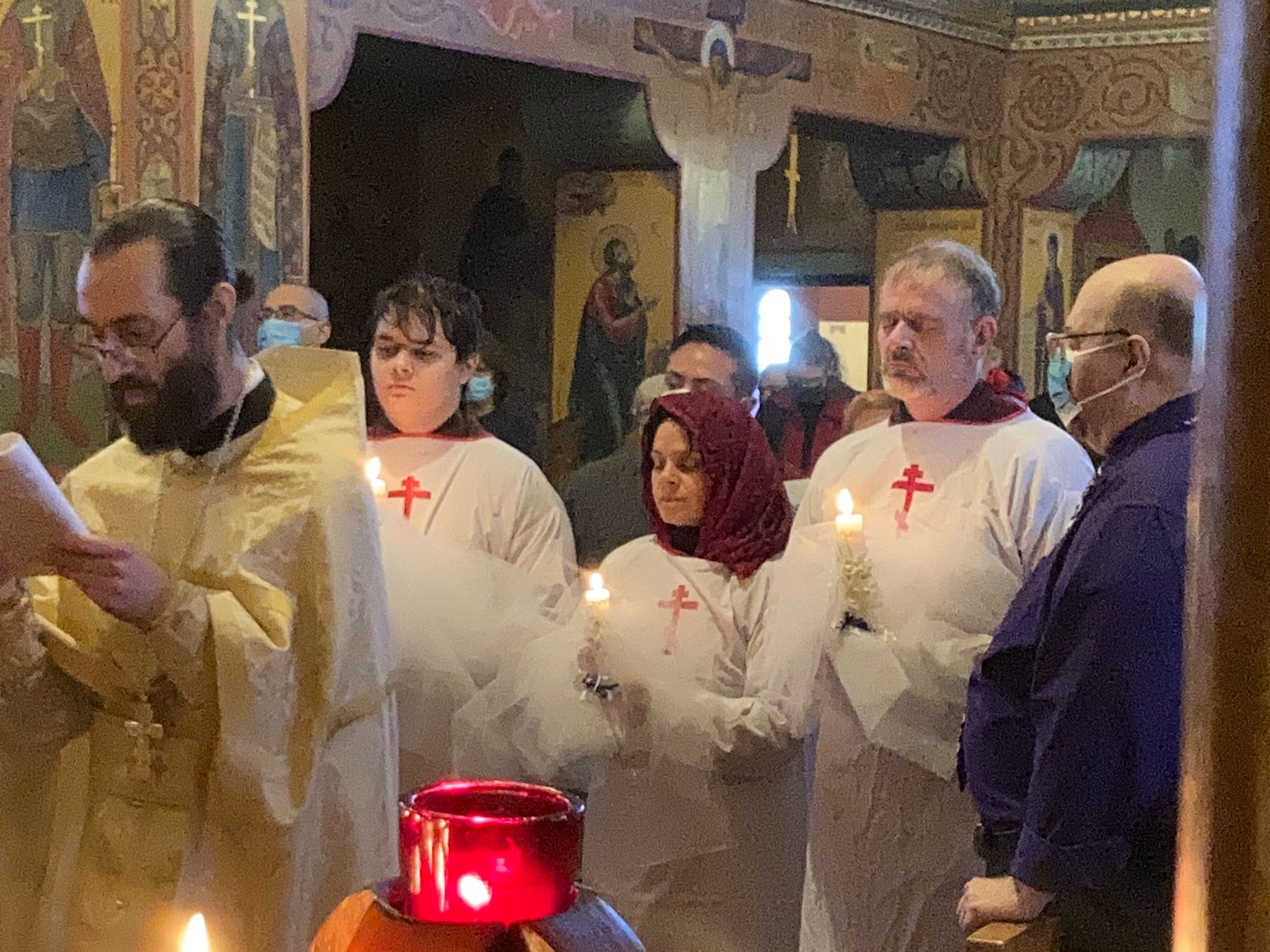
For Catechumens
For Catechumens:
Fr. Ambrose’s Recommended Reading for Catechumens:
Acquiring the Mind of Christ is an easy-to-read collection of essays by our revered abbot, Fr. Sergius, whose wise words, whether in confession or in sermons have been treasured by the monastery community. Contained in this little volume are reflections on the Divine Liturgy as life, prayer, beauty, monasticism, and the outline of a “ten-minute” prayer rule.
The right-reverend, Archimandrite Sergius serves as the 16th Abbot of St. Tikhon’s Monastery. He is a graduate of St. Tikhon’s Seminary, where he currently teaches spiritual formation. Fr. Sergius has traveled extensively for the Monastery and Seminary giving talks and retreats.
“What is Christian hope?” According to the Longer Catechism, Christian hope is "the resting of the heart on God, with the full trust that he ever cares for our salvation, and will give us the happiness he has promised." Succinctly and authoritatively, this and many other questions were asked and answered in St. Philaret of Moscow's Longer Catechism, which he composed in order to assist the faithful in understanding the essentials of the Orthodox Christian faith and way of life. Totaling six hundred and eleven questions and answers, it organizes its subjects on the three pillars of Faith, Hope, and Love, and under each respective heading treats of the Creed, the Lord's Prayer and Beatitudes, and the Ten Commandments. This immensely valuable work has stood the test of time and will continue to be a resource for bishops, priests, deacons, laity, and catechumens, for teaching, learning, and reinforcing the truths of our faith.
Upon opening this book the believer will find himself in the catechetical school of Father Daniel, will hear his living voice, and will delve into the profound inner world of this talented priest, Christian author, exegete, and missionary.
The beginnings of prayer arise from the longing of the heart to know God, to rest in Him Who showed His love upon the precious Cross, to abide in the fullness of communion with Him. In the present book a primer on prayer Archimandrite Irenei first prepares the ground by helping us to count the cost (Luke 14:28) of our lives as Christians, to take stock of the spiritual struggle we must undertake if we are to ascend toward God in prayer. Then, based on a sober appraisal of our lowly condition and of the worldly and demonic influences that assail us, he helps us to adorn our inward beings as temples of prayer.
This revised edition of Father Alexander Schmemann's Lenten classic examines the meaning of Liturgy of the Presanctified Gifts, the Prayer of St Ephraim the Syrian, the Canon of St Andrew of Crete and other neglected or misunderstood treasures of Lenten worship. Schmemann draws on the Church's sacramental and liturgical tradition to suggest the meaning of Lent in our life.
So begins this direct and heart-warming introduction to the Christian life that was first composed for the Aleut people of Alaska in the early nineteenth century. This book offers a classic Christian response to questions that we all must address at some point in our life: Why are we here and where can we truly find happiness and prosperity? In a time when the futility of the never-ending pursuit of material gain is being recognised more widely this work is more relevant then ever.
Fr. Ambrose’s Recommended Reading for our Orthodox Parishioners:
Acquiring the Mind of Christ is an easy-to-read collection of essays by our revered abbot, Fr. Sergius, whose wise words, whether in confession or in sermons have been treasured by the monastery community. Contained in this little volume are reflections on the Divine Liturgy as life, prayer, beauty, monasticism, and the outline of a “ten-minute” prayer rule.
The right-reverend, Archimandrite Sergius serves as the 16th Abbot of St. Tikhon’s Monastery. He is a graduate of St. Tikhon’s Seminary, where he currently teaches spiritual formation. Fr. Sergius has traveled extensively for the Monastery and Seminary giving talks and retreats.
An essential book on the passions and virtues of the soul from one of the greatest modern Orthodox Saints, St. Paisios of the Holy Mountain.
Elder Porphyrios, a Greek monk and priest who died in 1991, stands in the long tradition of charismatic spiritual guides in the Eastern Church which continues from the apostolic age down to figures such as Saint Seraphim of Sarov and Staretz Silouan in modern times. In this book he tells the story of his life and, in simple, deeply reflected and profoundly wise words, he expounds the Christian faith for today.
Elder Thaddeus of Vitovnica was one of the most renowned spiritual guides of Serbia in the twentieth century. As a novice he lived in obedience to Elder Ambrose of Miljkovo Monastery, a disciple of the Optina Elders. From him Fr. Thaddeus learned the Prayer of the Heart and the selfless love that came to characterize his whole ministry to the suffering Serbian people.
In 2002 Elder Thaddeus reposed, leaving behind a large collection of his teachings, preserved by his faithful spiritual children. His life, teachings, and spiritual conversations are here presented for the first time in English.
So begins this direct and heart-warming introduction to the Christian life that was first composed for the Aleut people of Alaska in the early nineteenth century. This book offers a classic Christian response to questions that we all must address at some point in our life: Why are we here and where can we truly find happiness and prosperity? In a time when the futility of the never-ending pursuit of material gain is being recognised more widely this work is more relevant then ever.

The Holy Orthodox Church on Holy Scripture:
This is one of the best essays on Holy Scripture from a modern Saint from Russia. He speaks about Protestantism, German scholasticism, the problem of many thousands of interpretations of a single passage, individualism, and much more. How do we know what the true interpretation of Holy Scripture is? Where can we find knowledge that is truly profitable to the salvation of our soul?
Dr. Mary Ford from St. Tikhon’s Orthodox Theological Seminary gives us an Orthodox perspective on how to approach the interpretation of the Holy Scriptures. A great resource.
On the Saints:
St. Ephraim the Syrian, contemporary to St. Basil the Great, is one of the greatest Syriac Saints of the early church.
Here is a reading of St. Luke including details of his life after the time of the gospels.
Reading from the Lives of the Saints in Our Church:
The Mystery of Holy Confession:
Here is a PDF of a an extensive guide to help you prepare for the Holy Mystery of Confession. It includes homilies to consider, and questions you can ask yourself to better search your conscience prior to approaching Holy Confession.
Fr. Sergius, Abbot of St. Tikhon’s Monastery speaks on the Holy Mystery of Confession.
On Holy Communion:
Fr. Sergius speaks on the Divine Liturgy as our life and the necessity to prepare the reception of the Holy Mystery of Communion.
Here are the classic prayers from the Jordanville prayer book for the preparation to receive Holy Communion.
In this video, His High-Eminence Orthodox Metropolitan Hillarion takes us through simply the best practice to take Holy Communion.
In every age, there is the temptation to doubt the Mysteries of the Church—to question how it is that the faithful should remain secure in believing that Christ makes Himself truly present in Body and Blood at the Holy Table. In this week’s episode, Archimandrite Irenei examines an extended text by Nicholas Cabasilas on the substance of our faith in the Mystical Supper.
Wonderful homily from St. Gregory Palamas on the Preparation for the Partaking of Holy Communion.






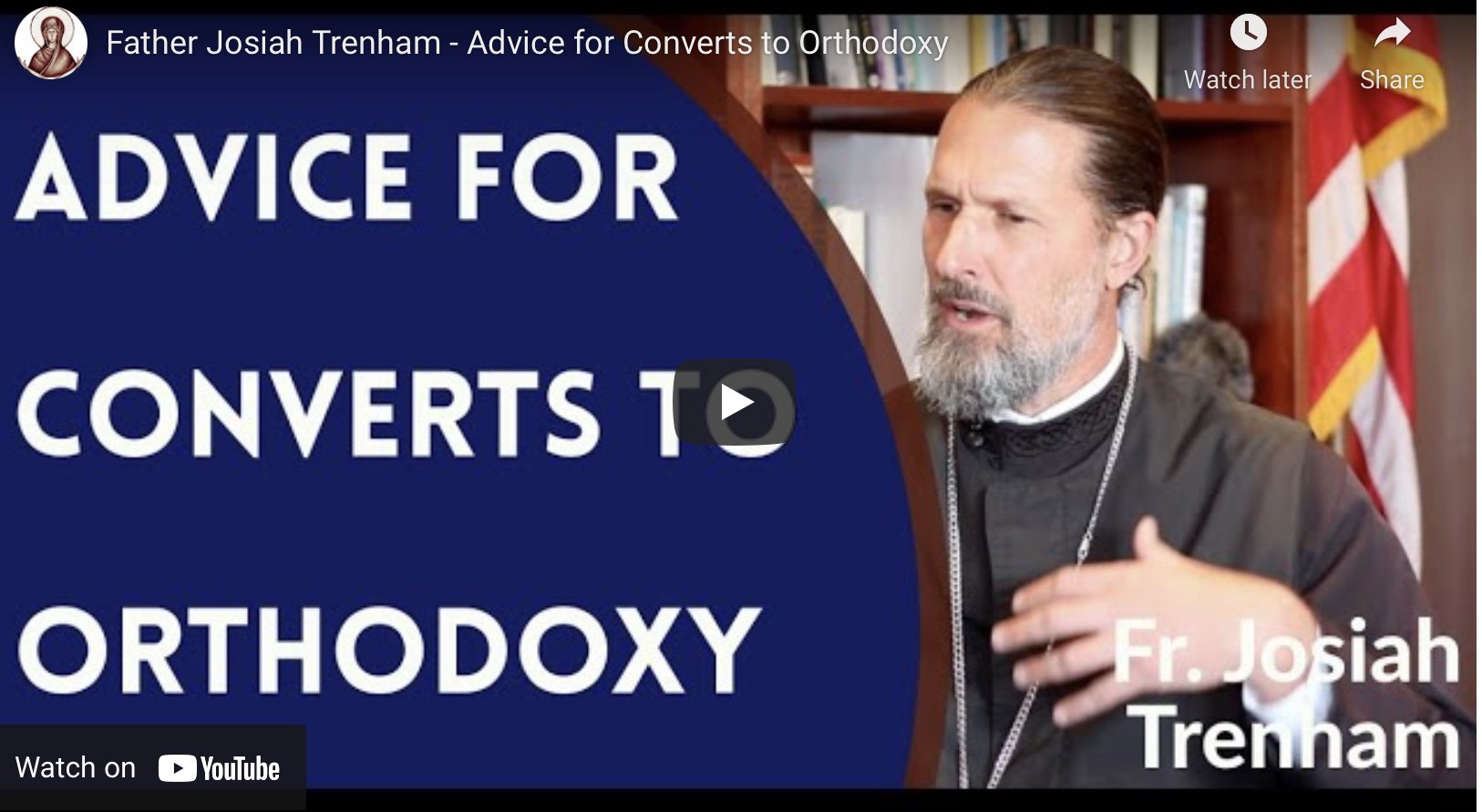
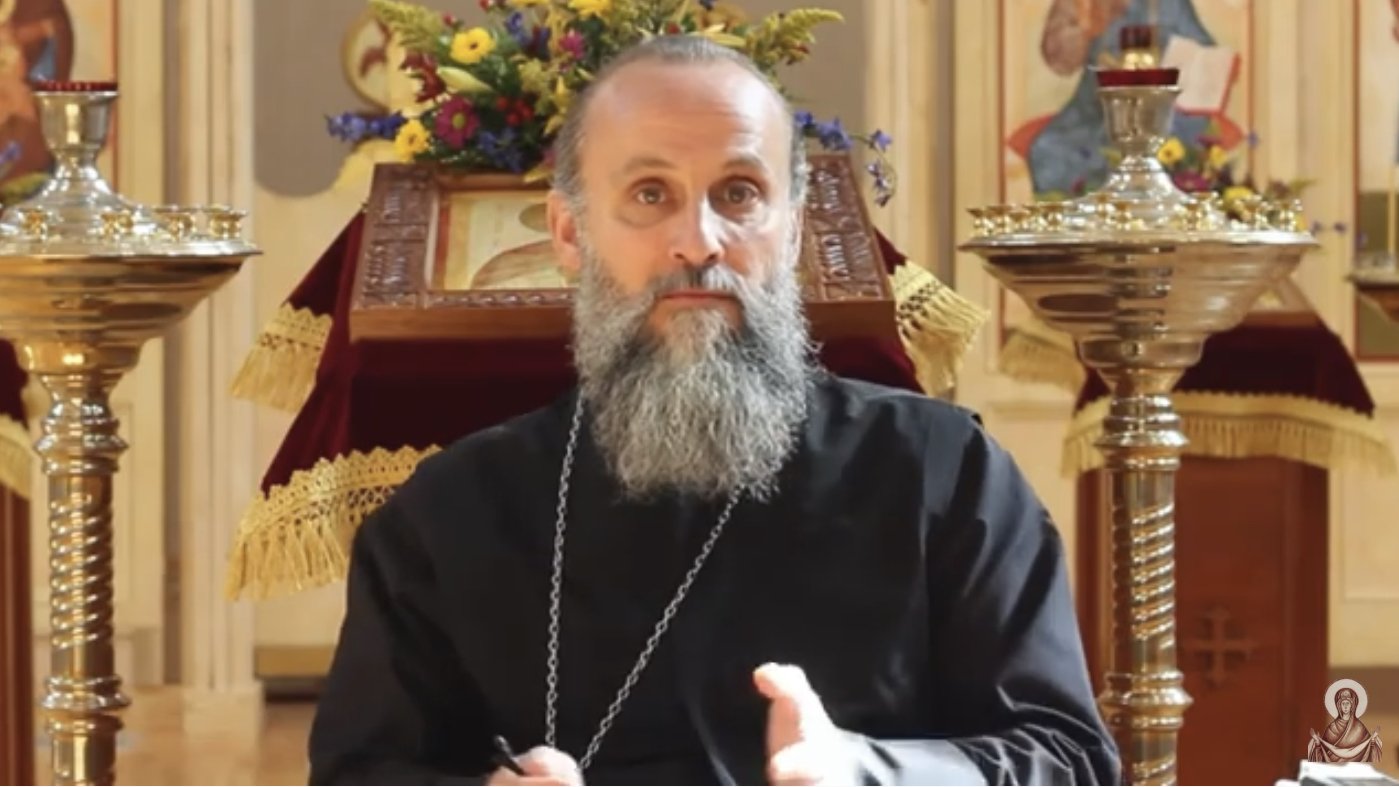
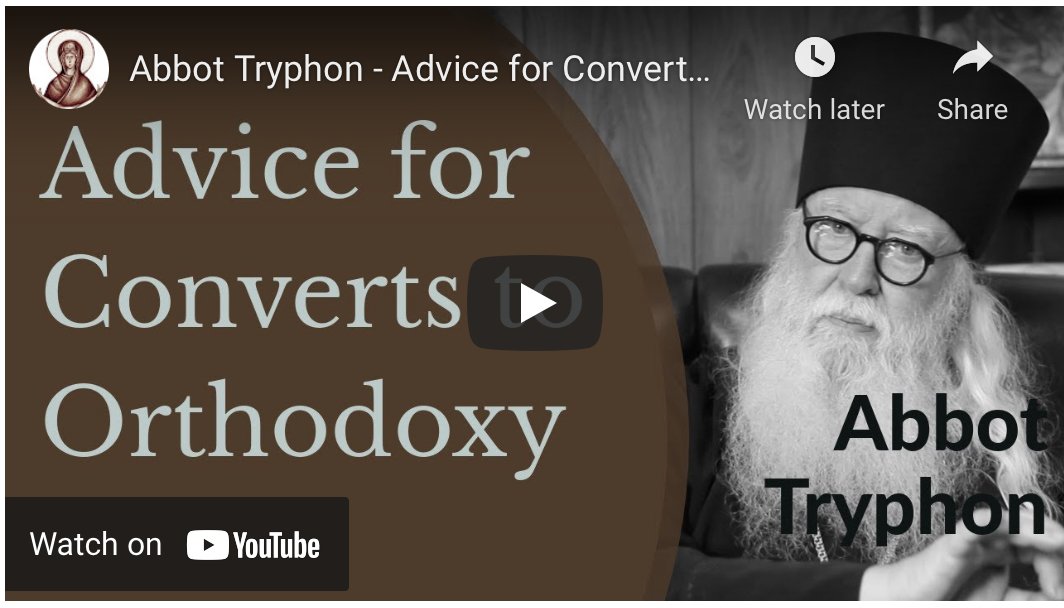
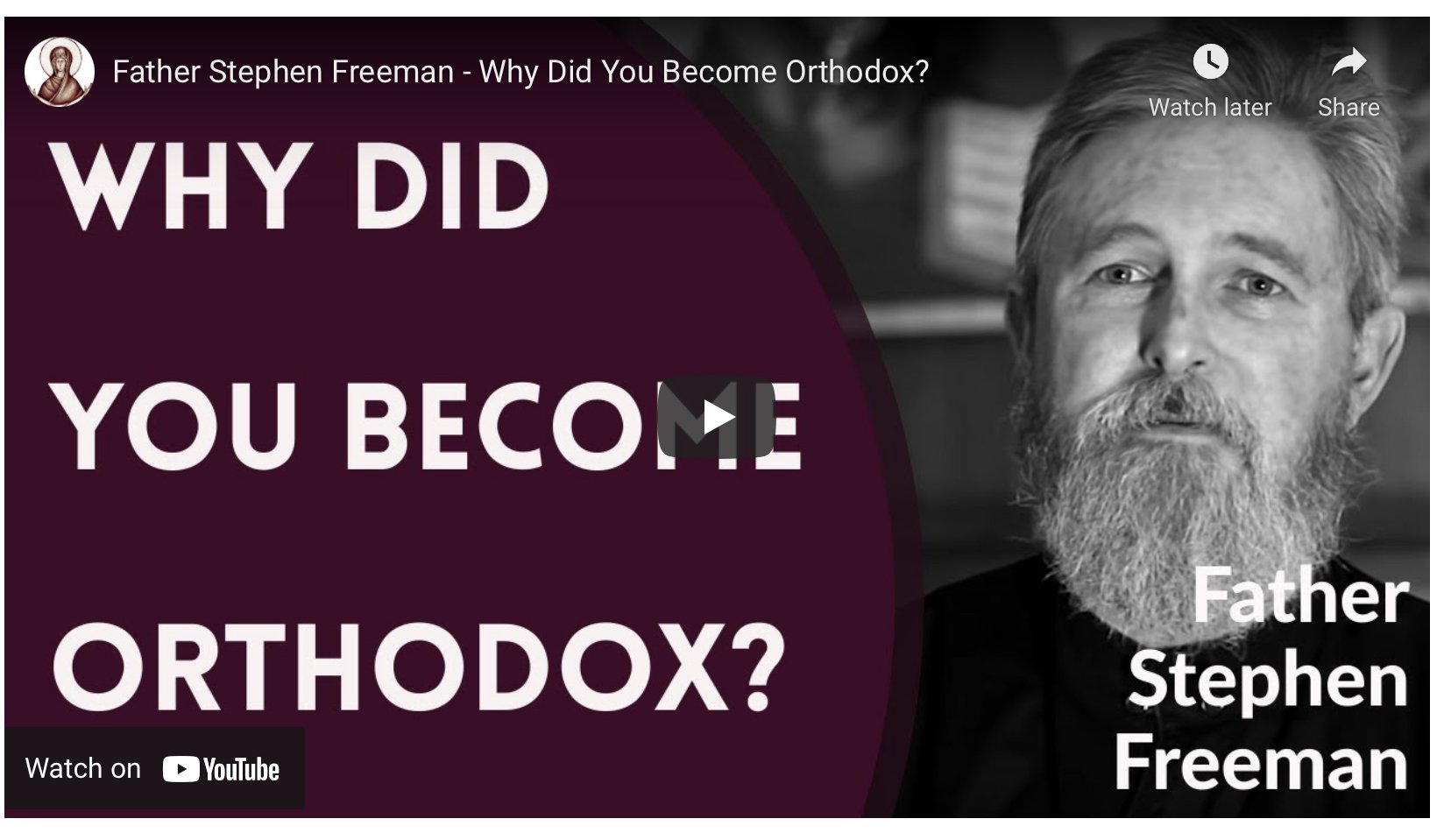
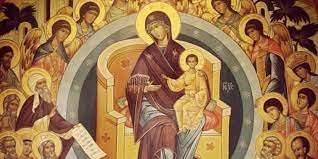
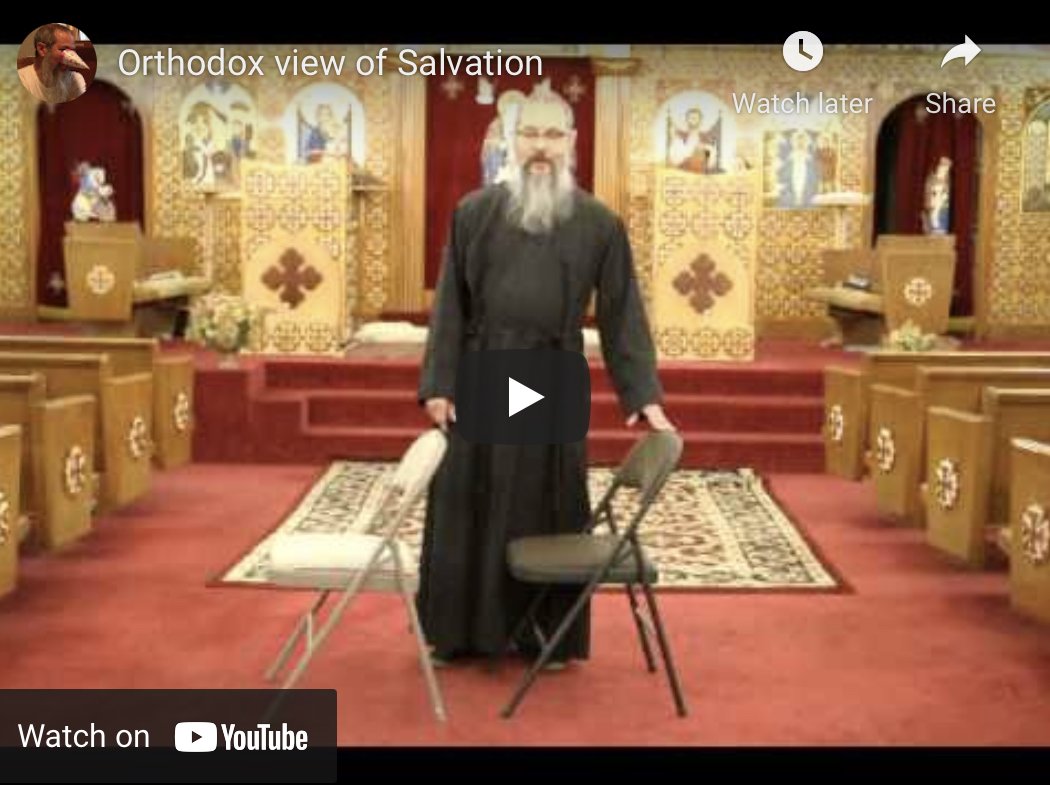
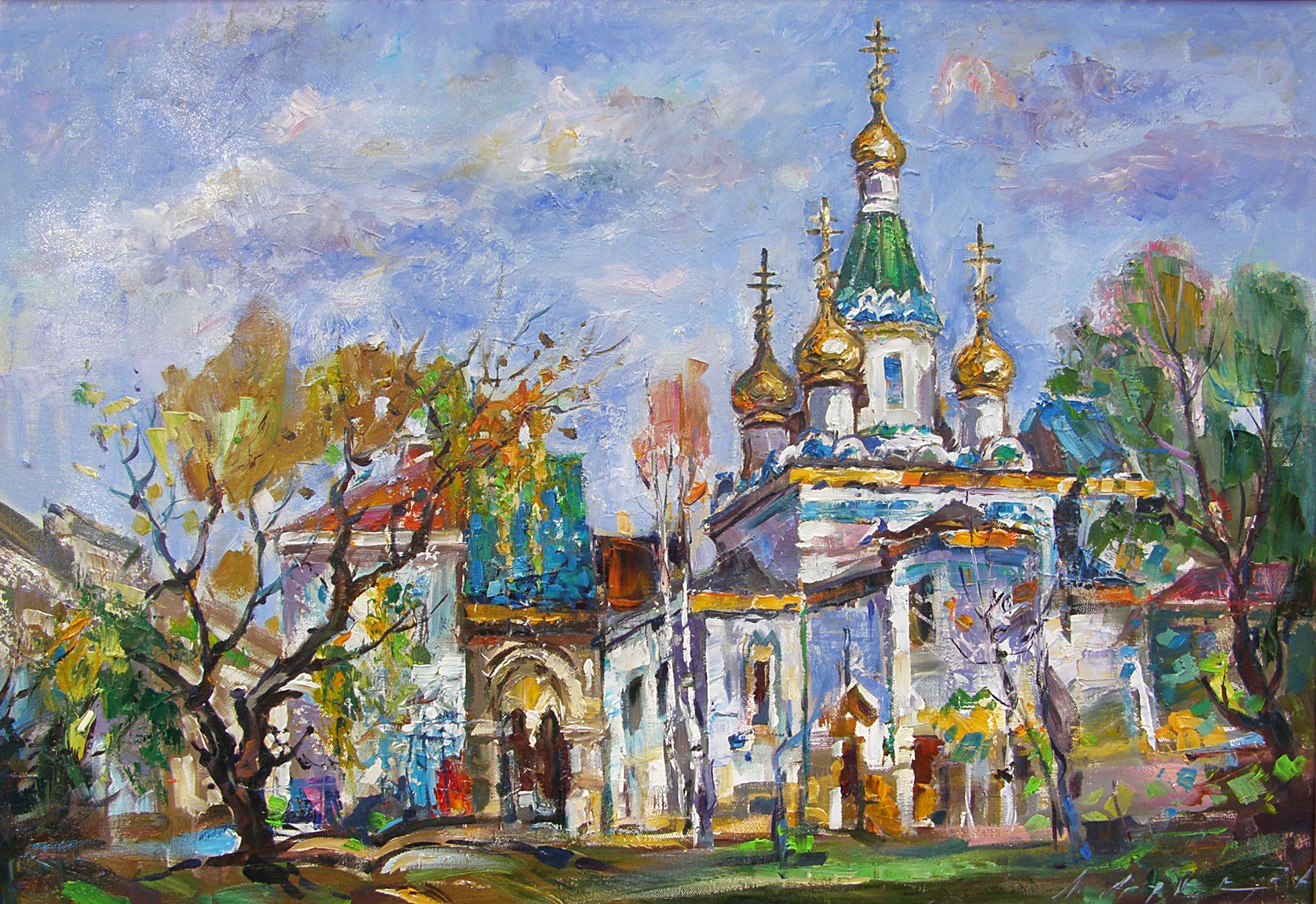

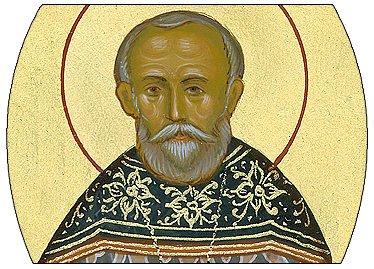
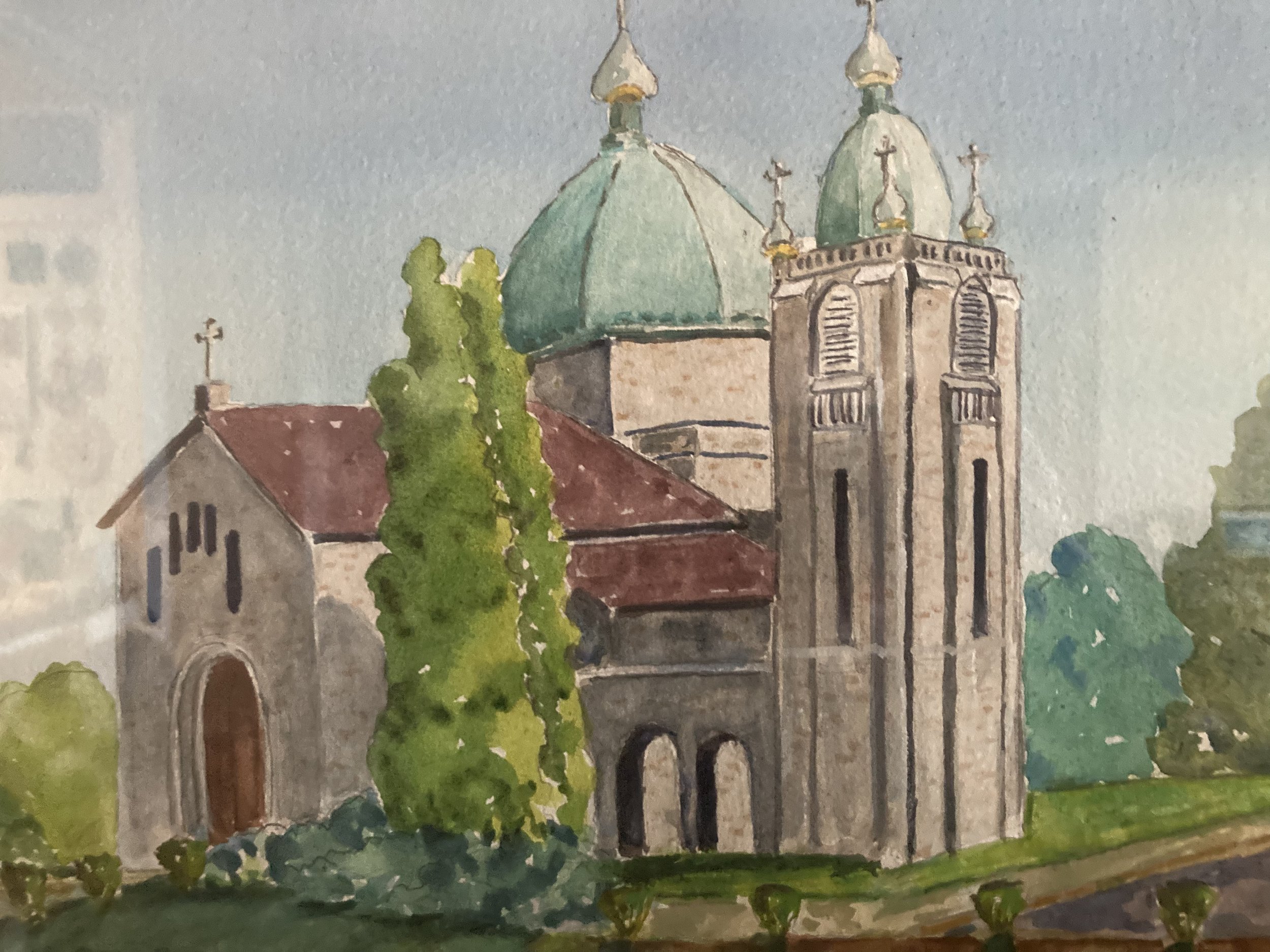



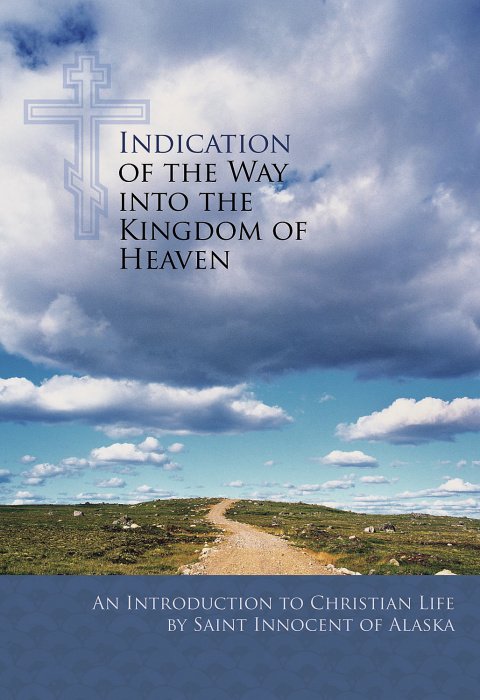
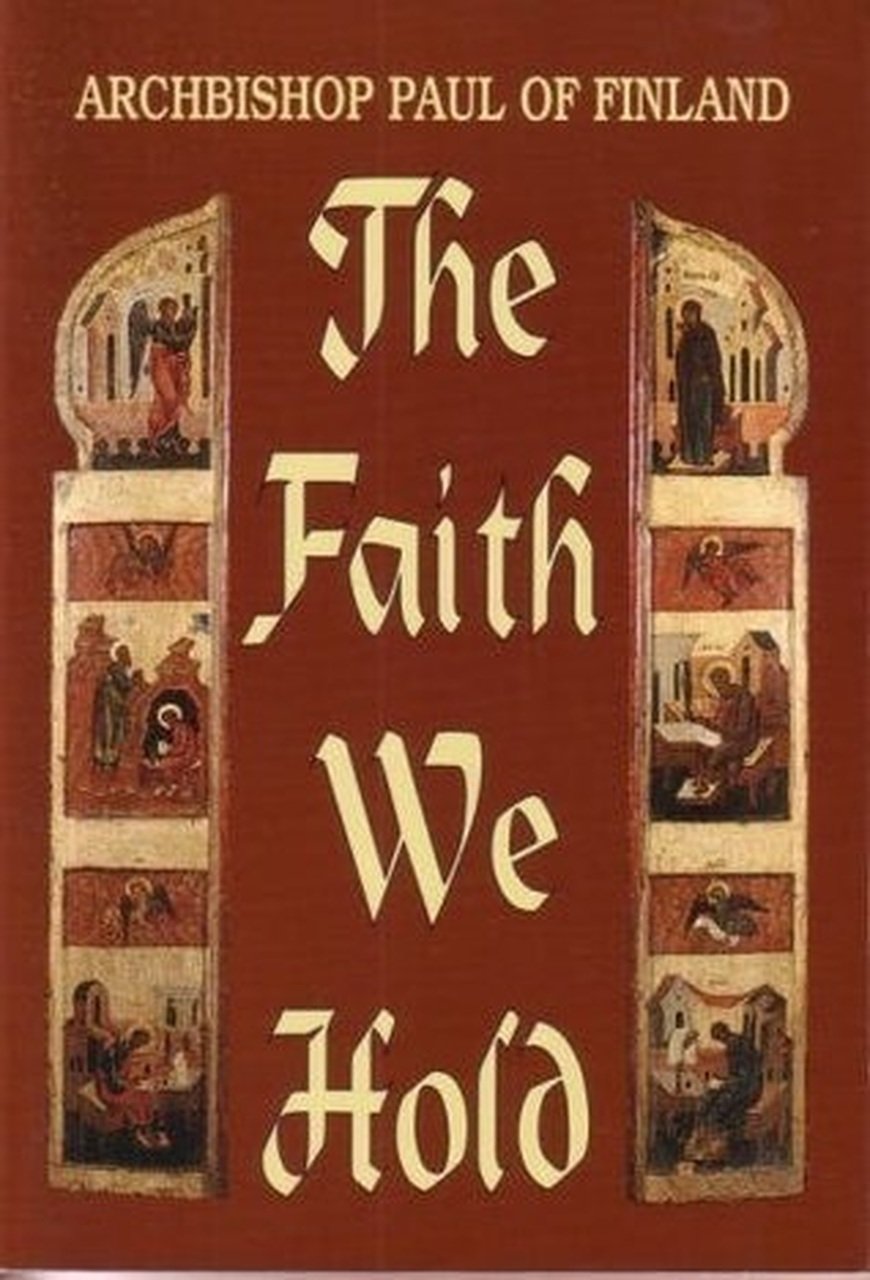
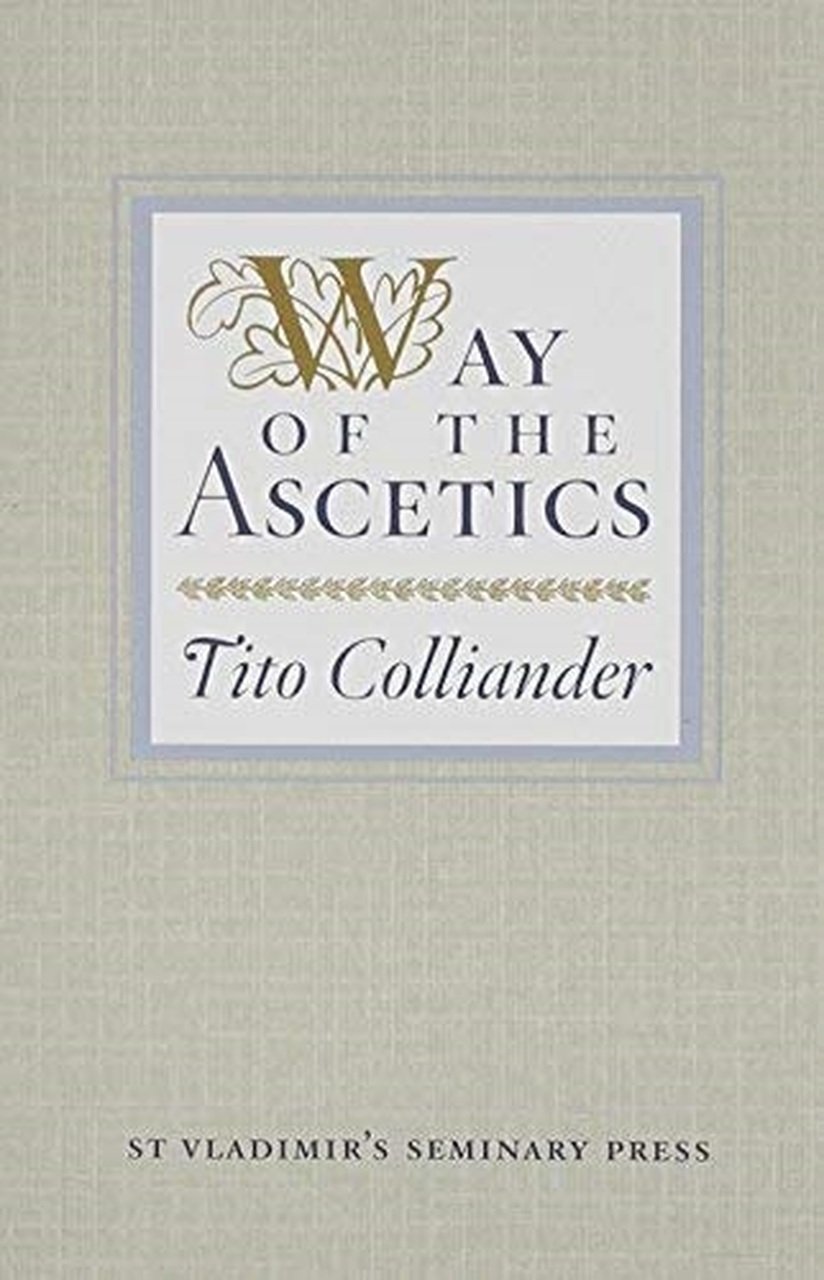
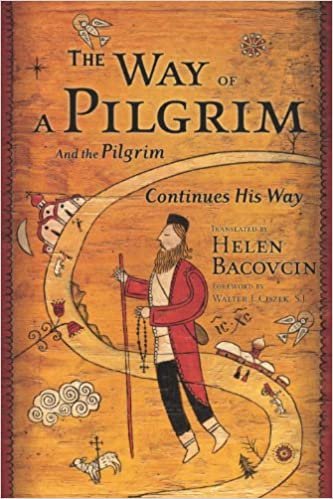



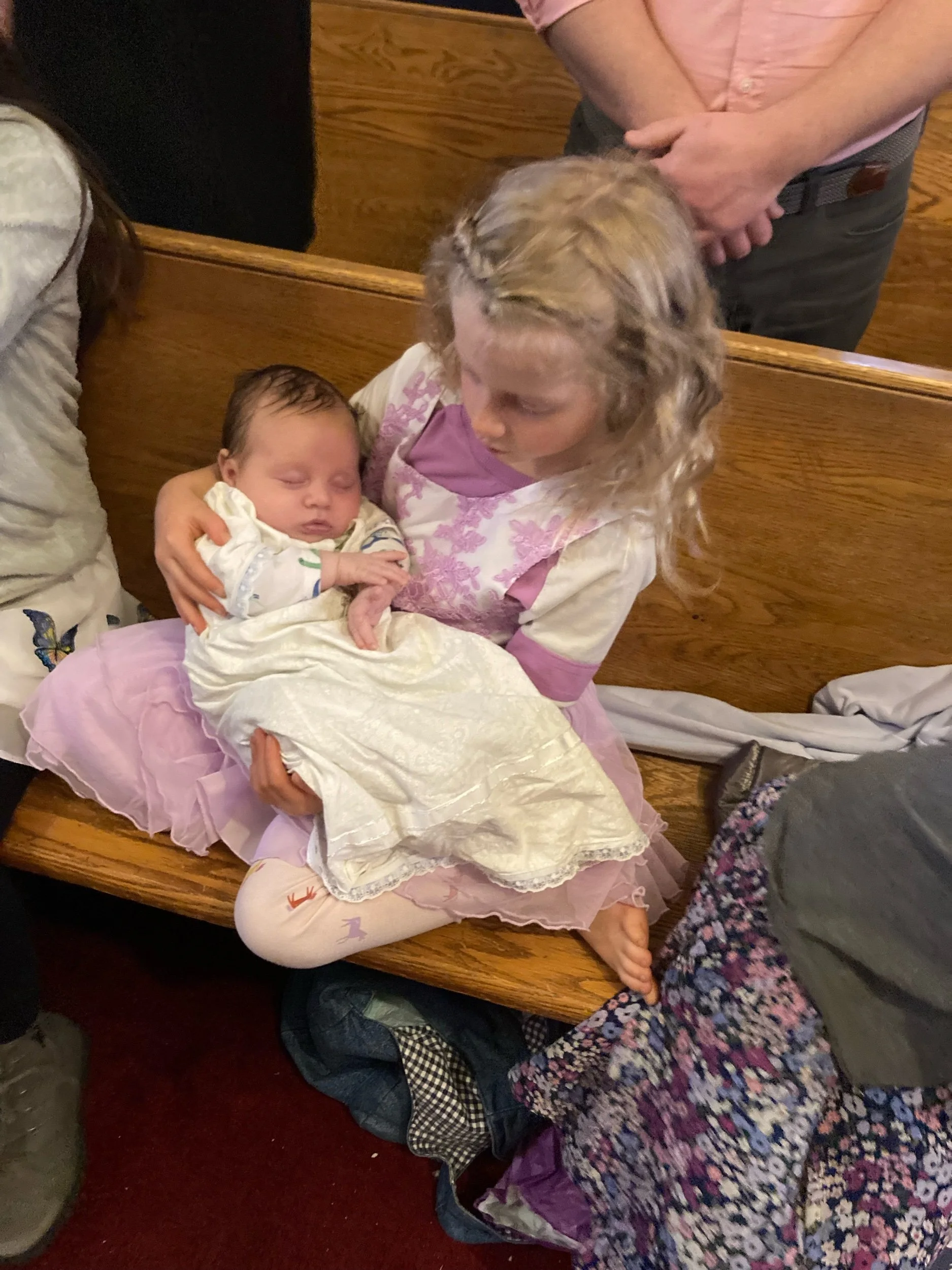




















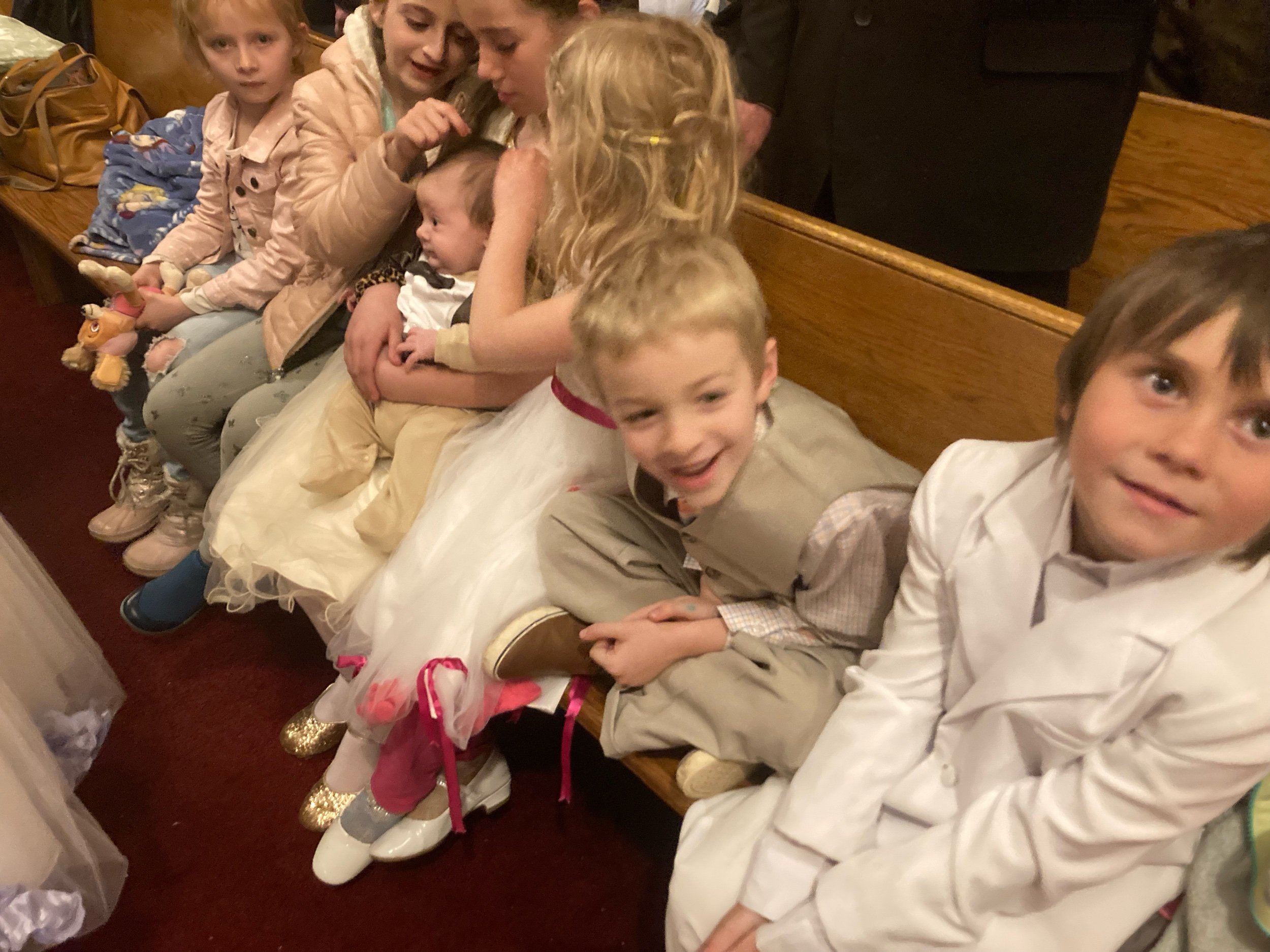

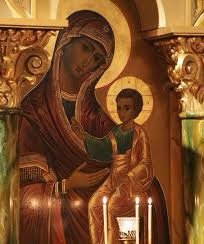


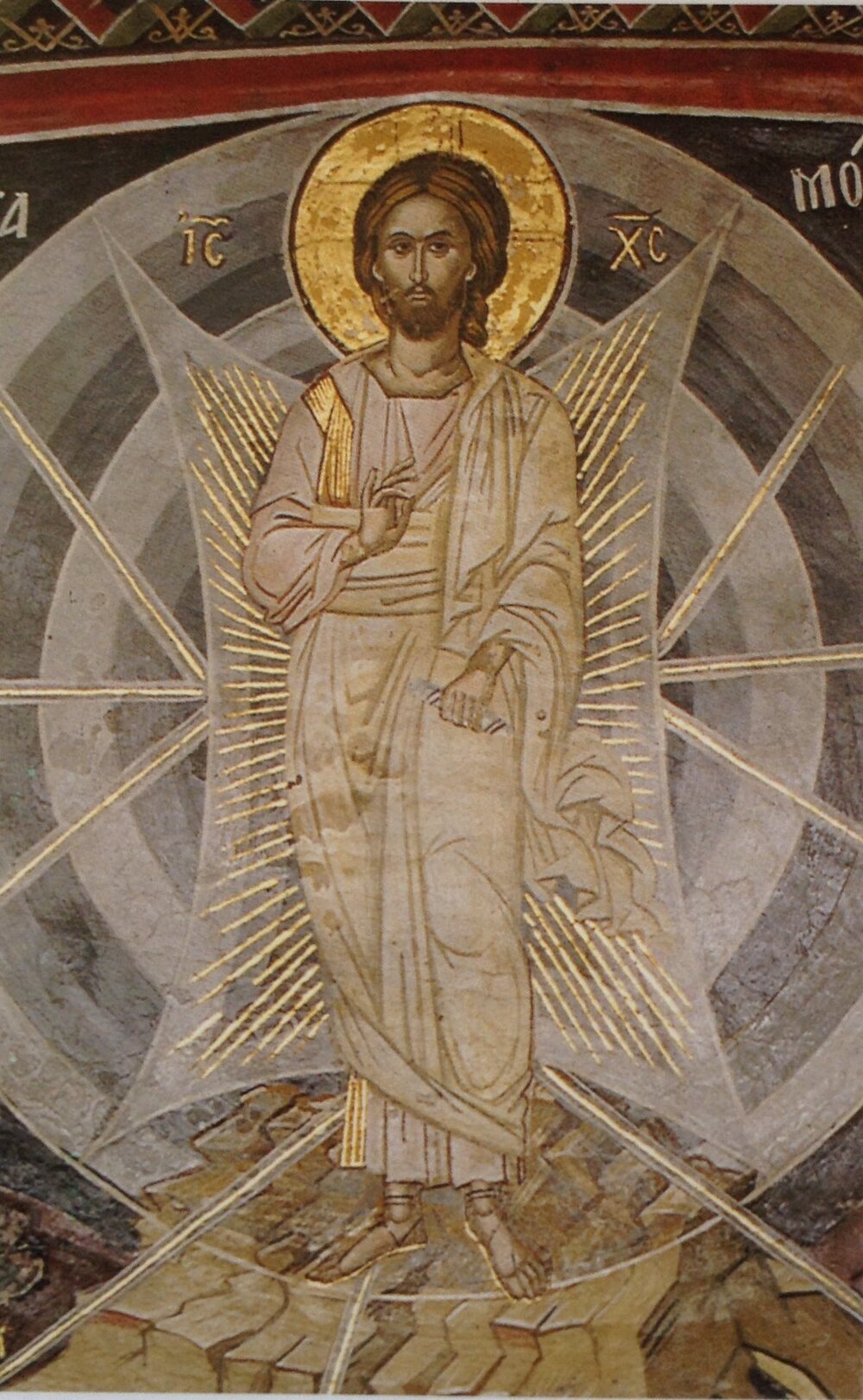
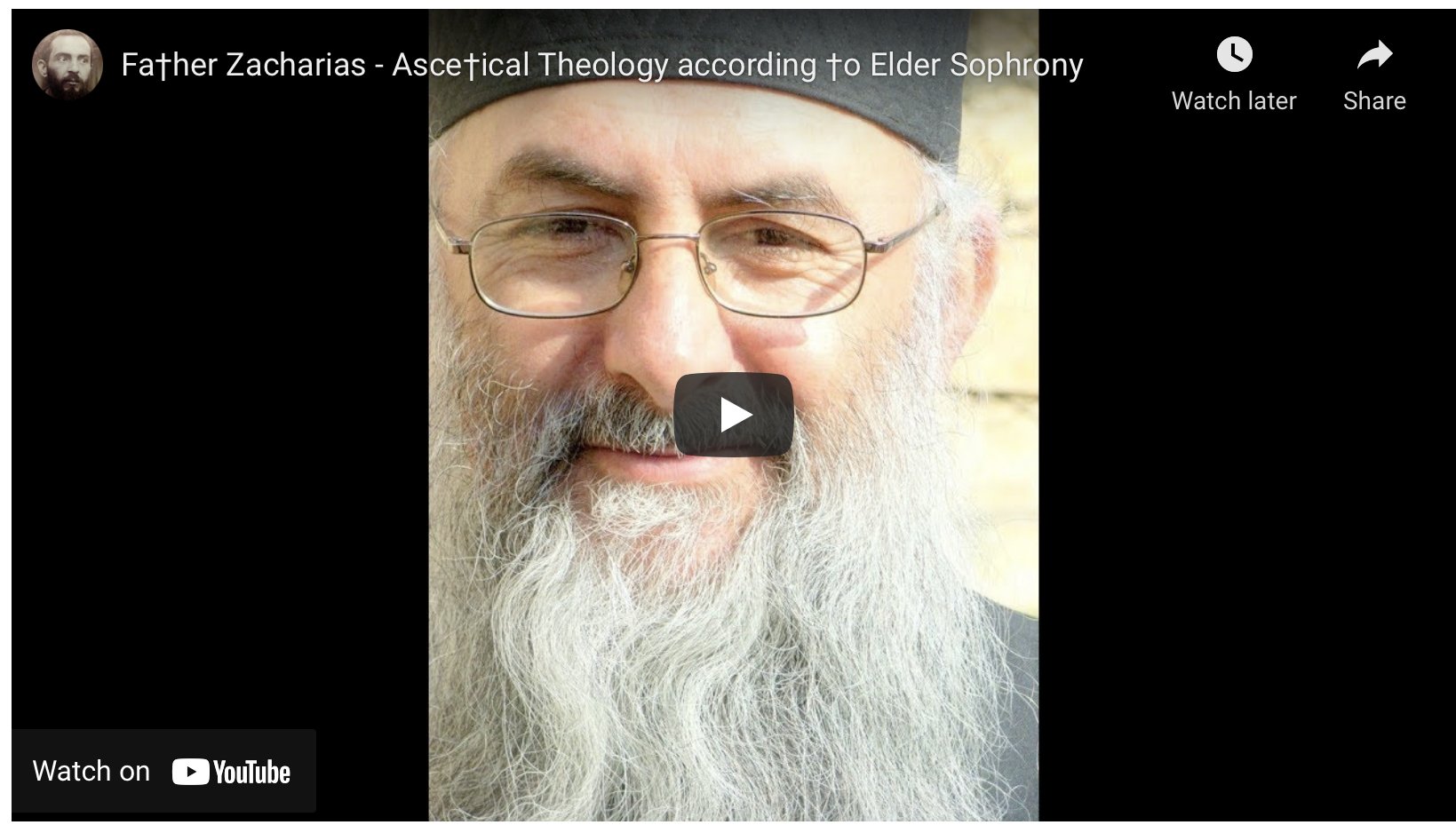
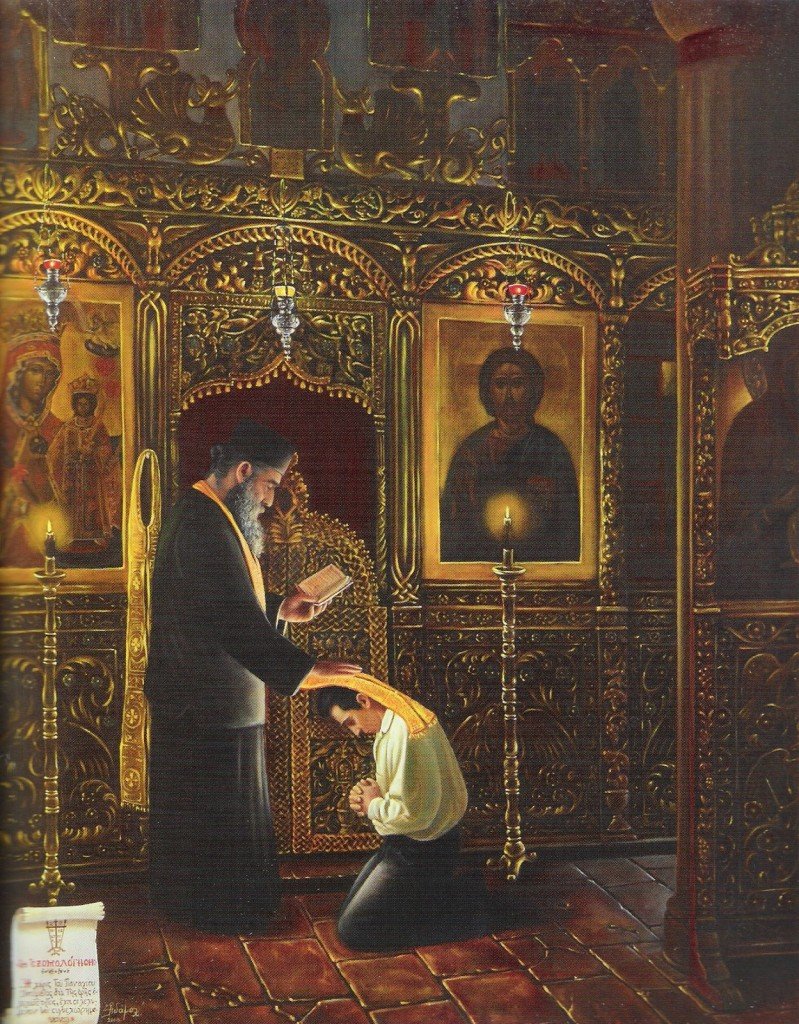
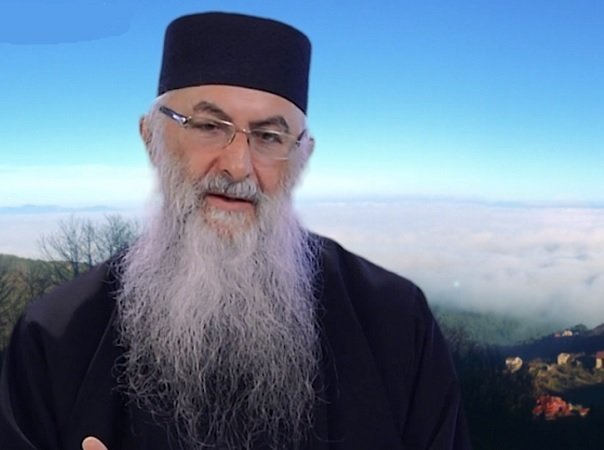
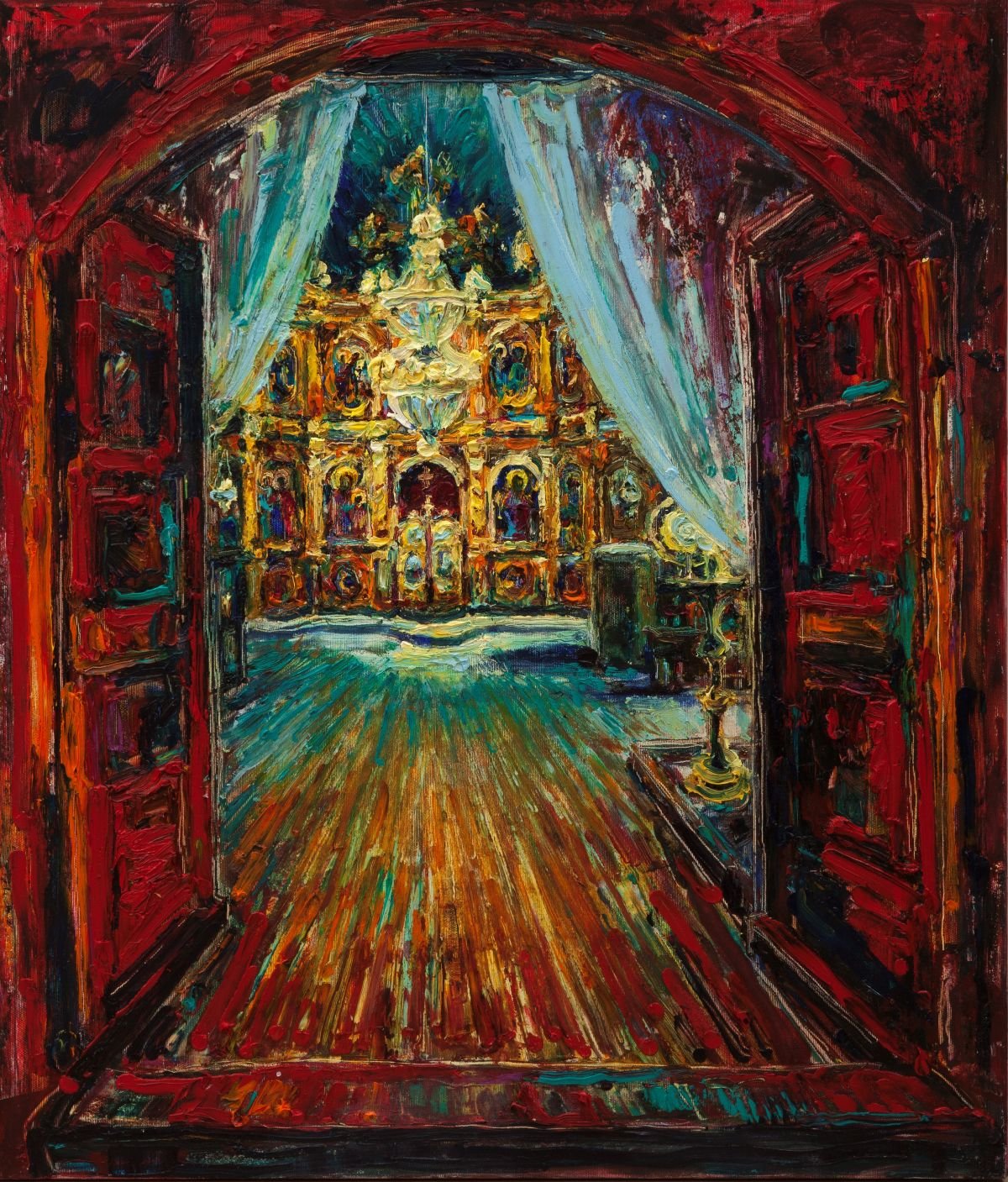
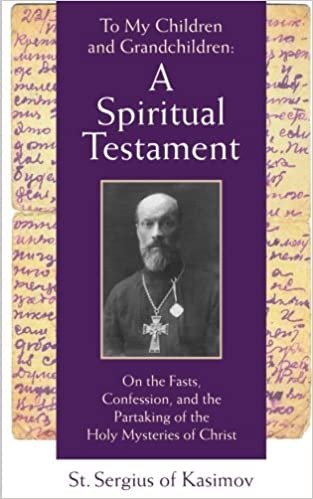
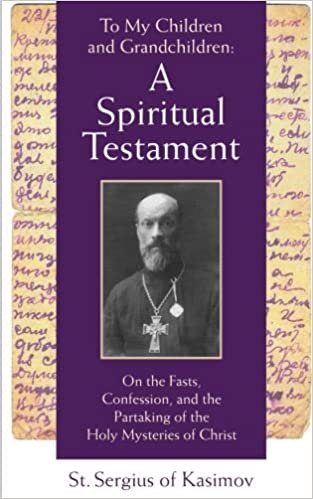
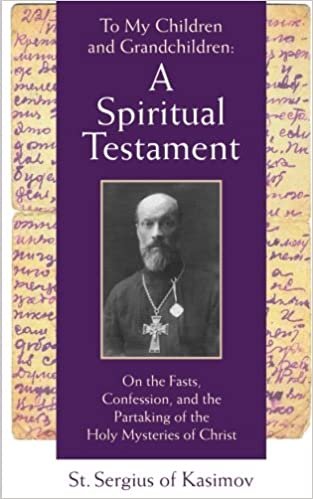
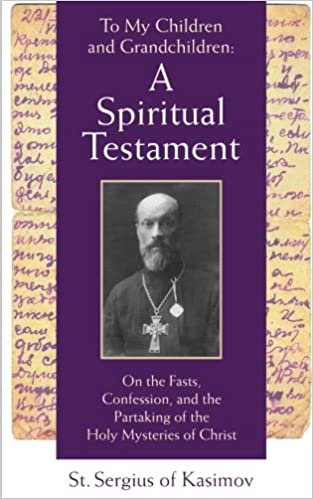
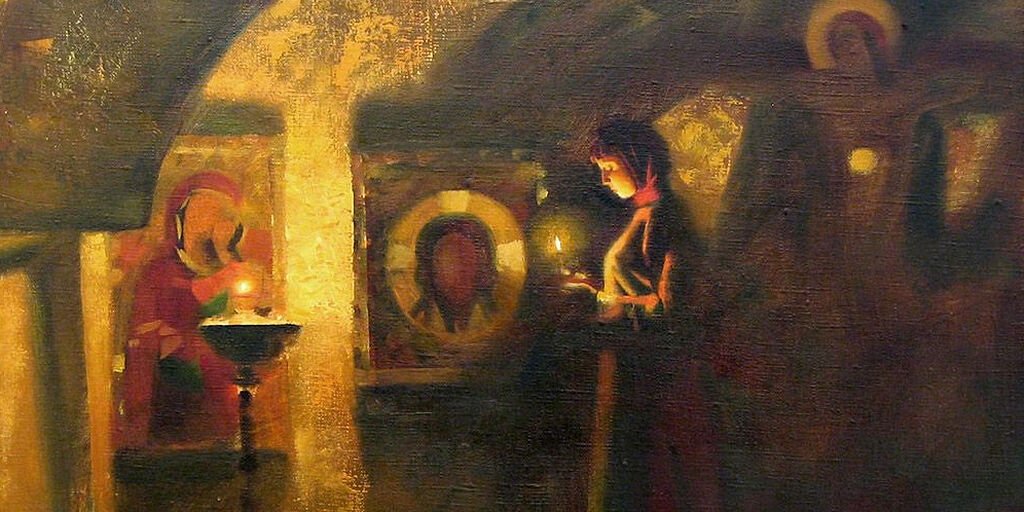
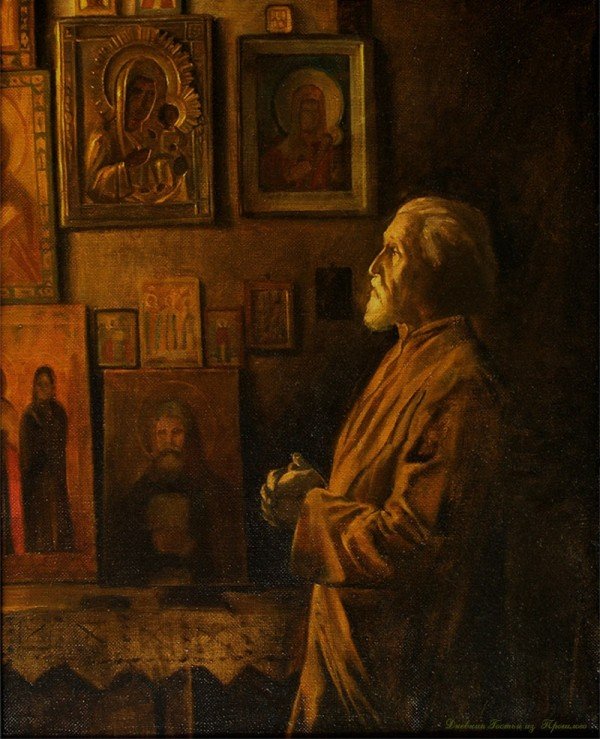
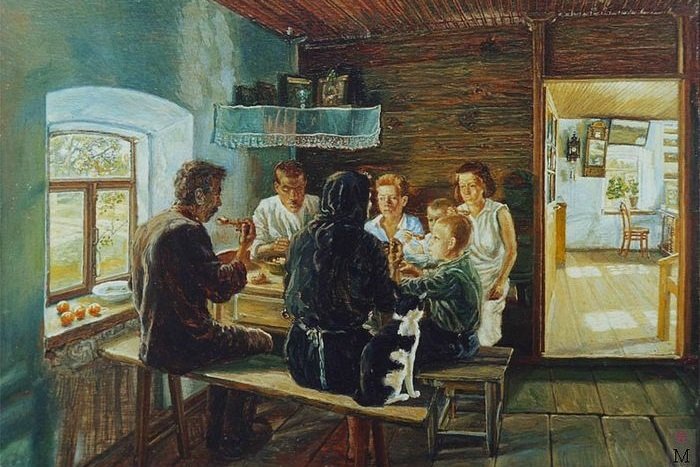
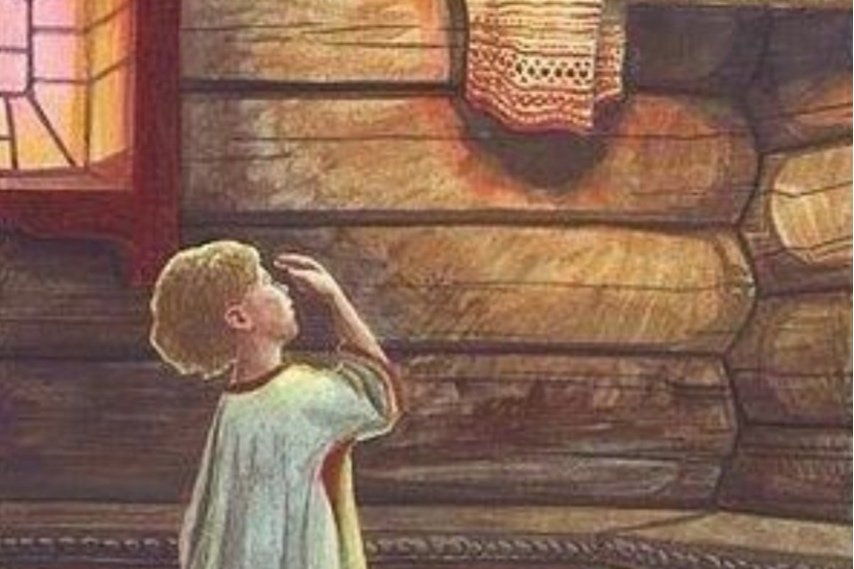
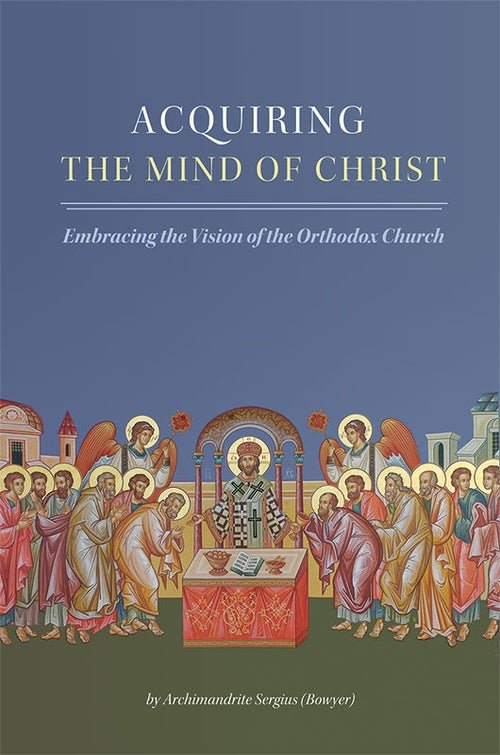
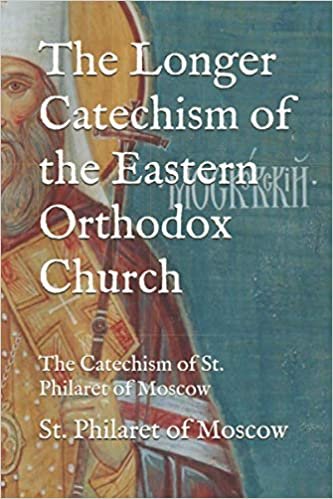
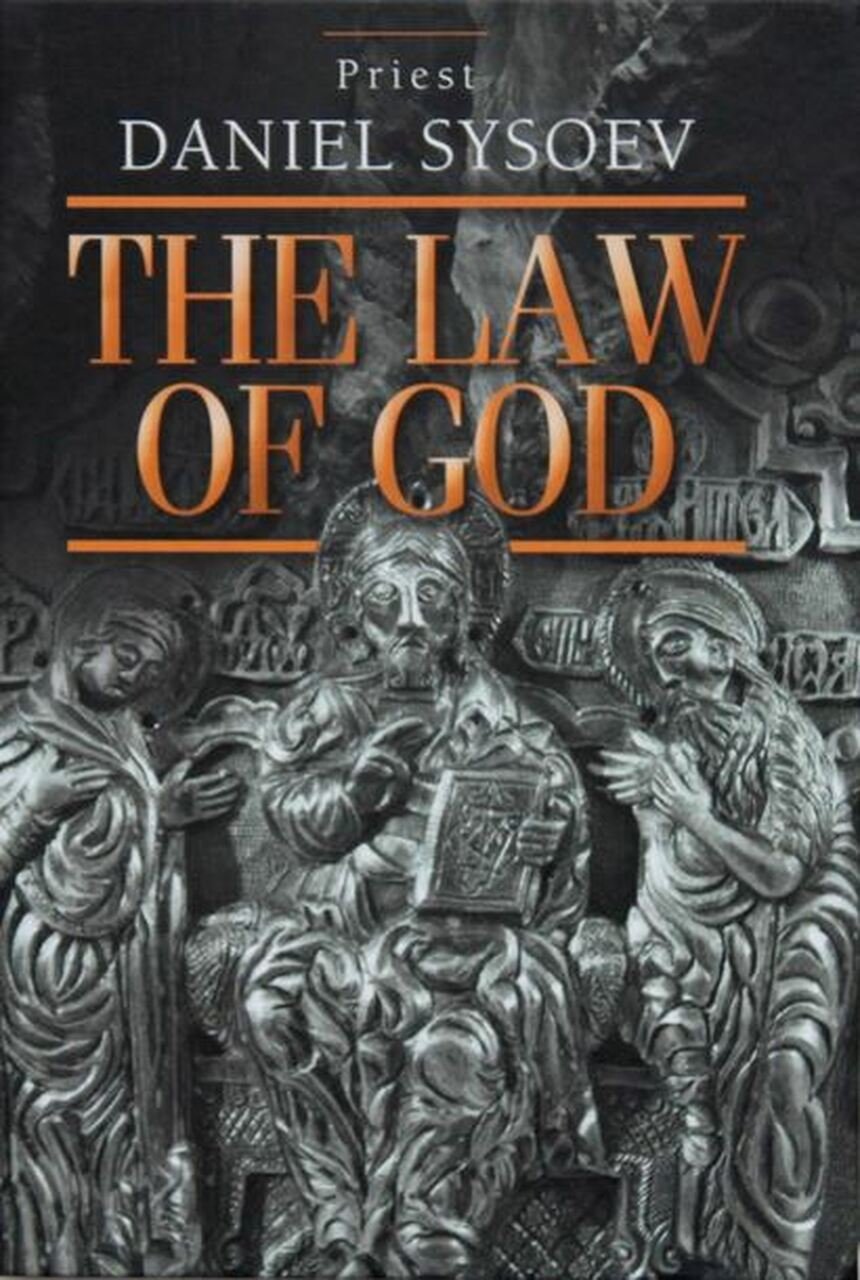
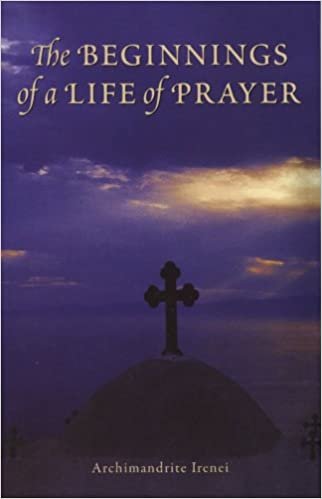
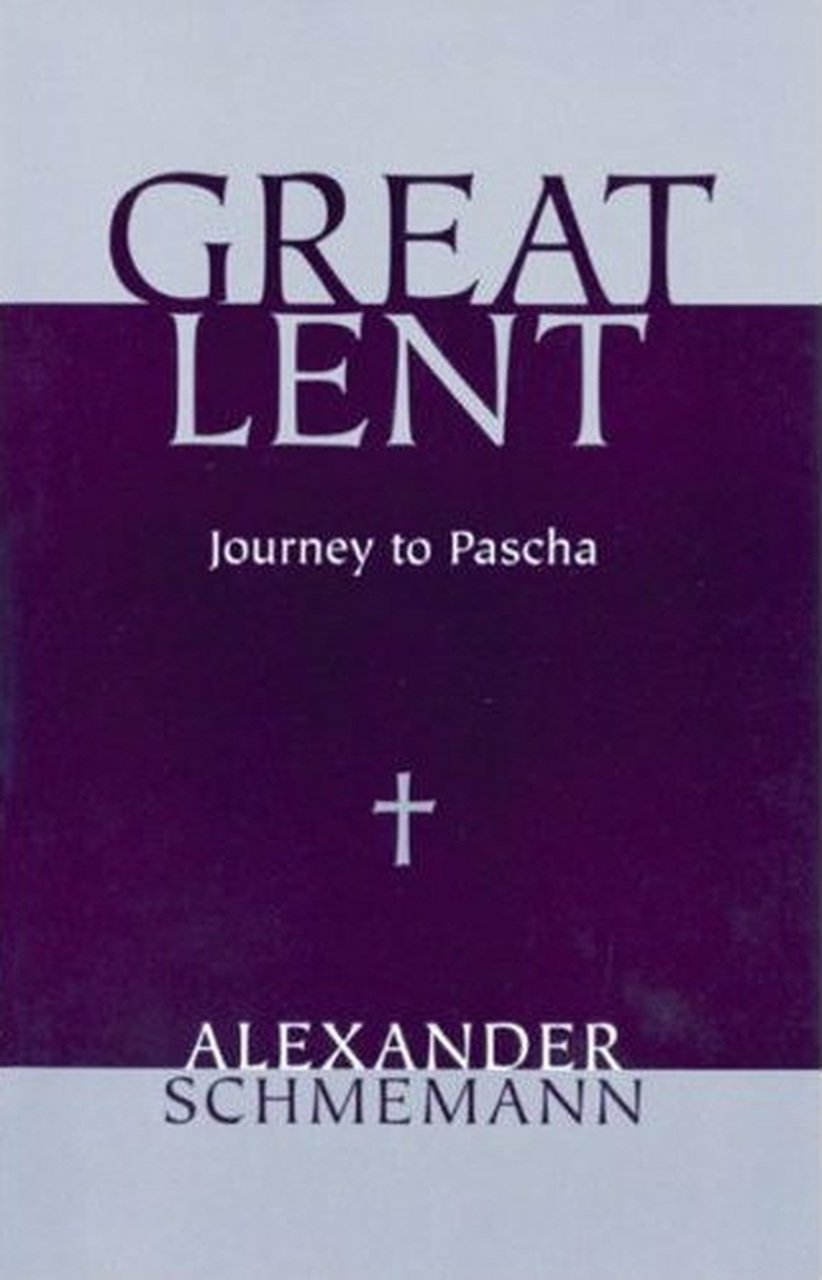
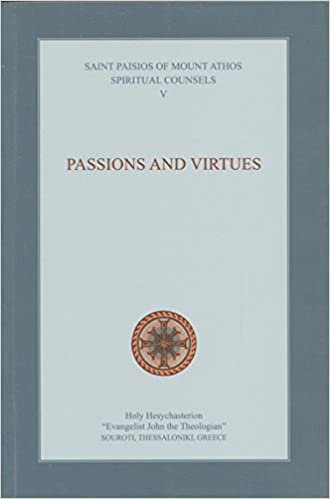
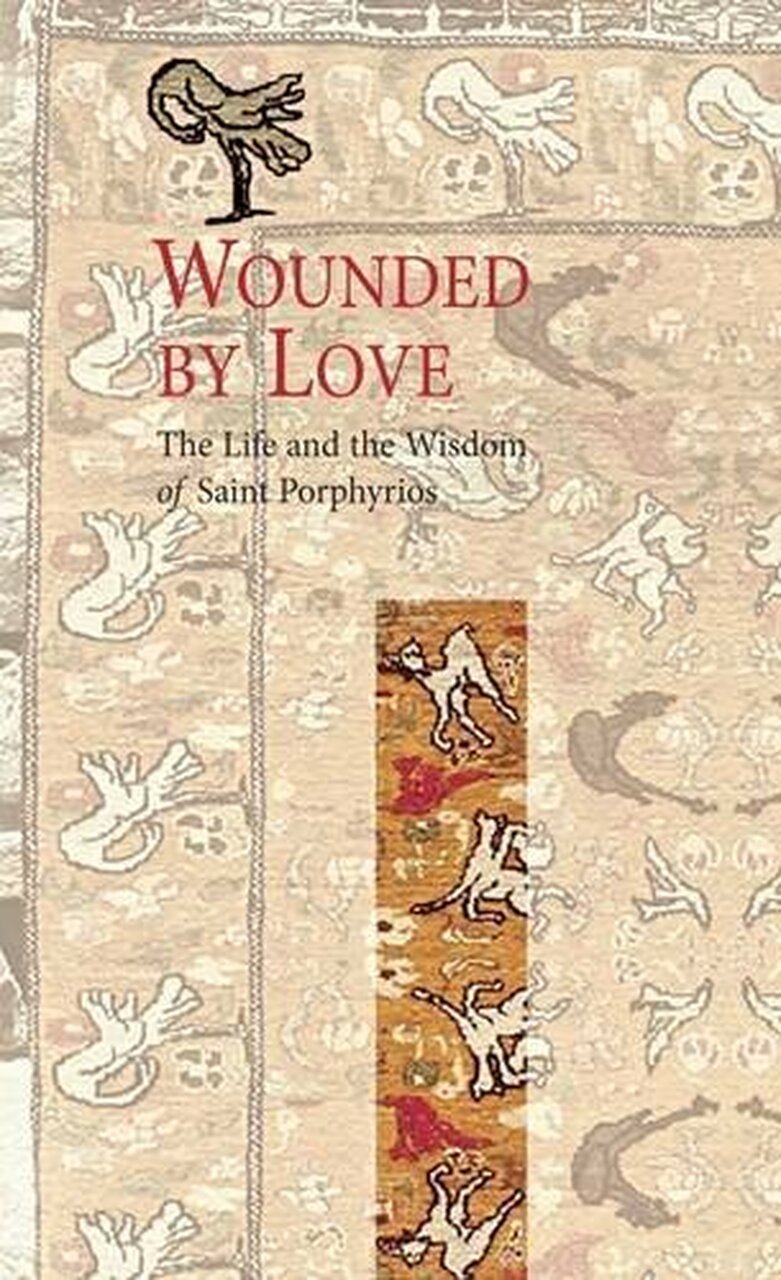
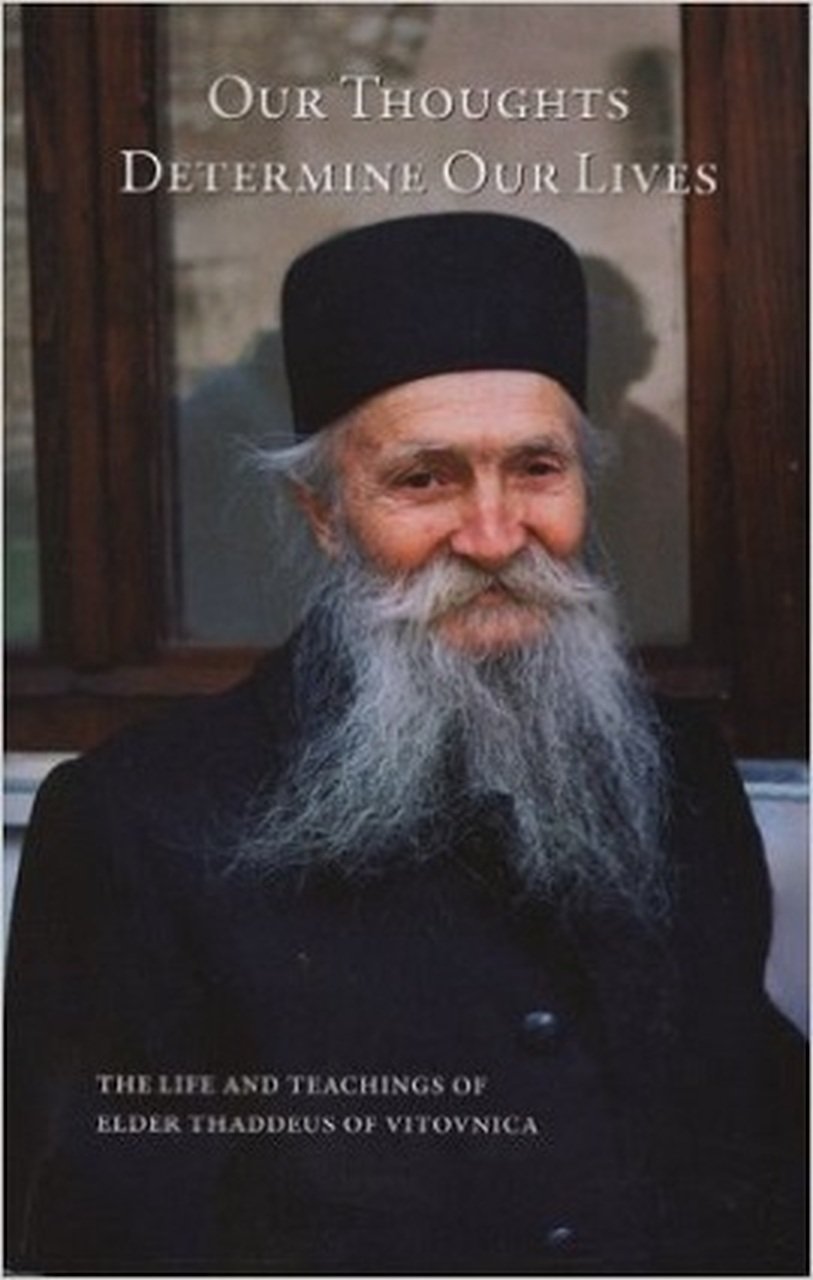
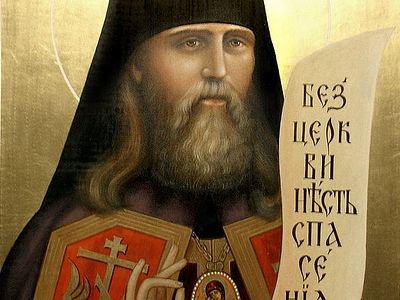
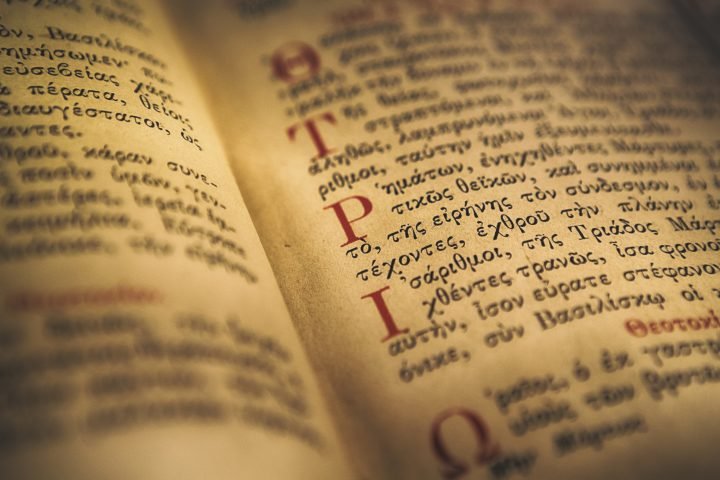
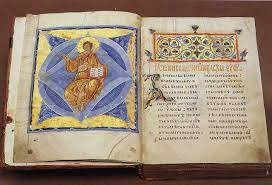




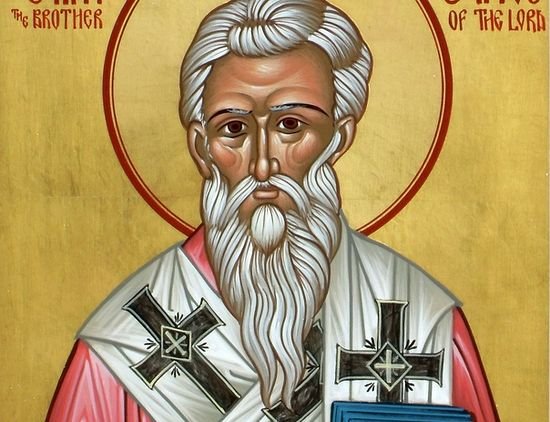

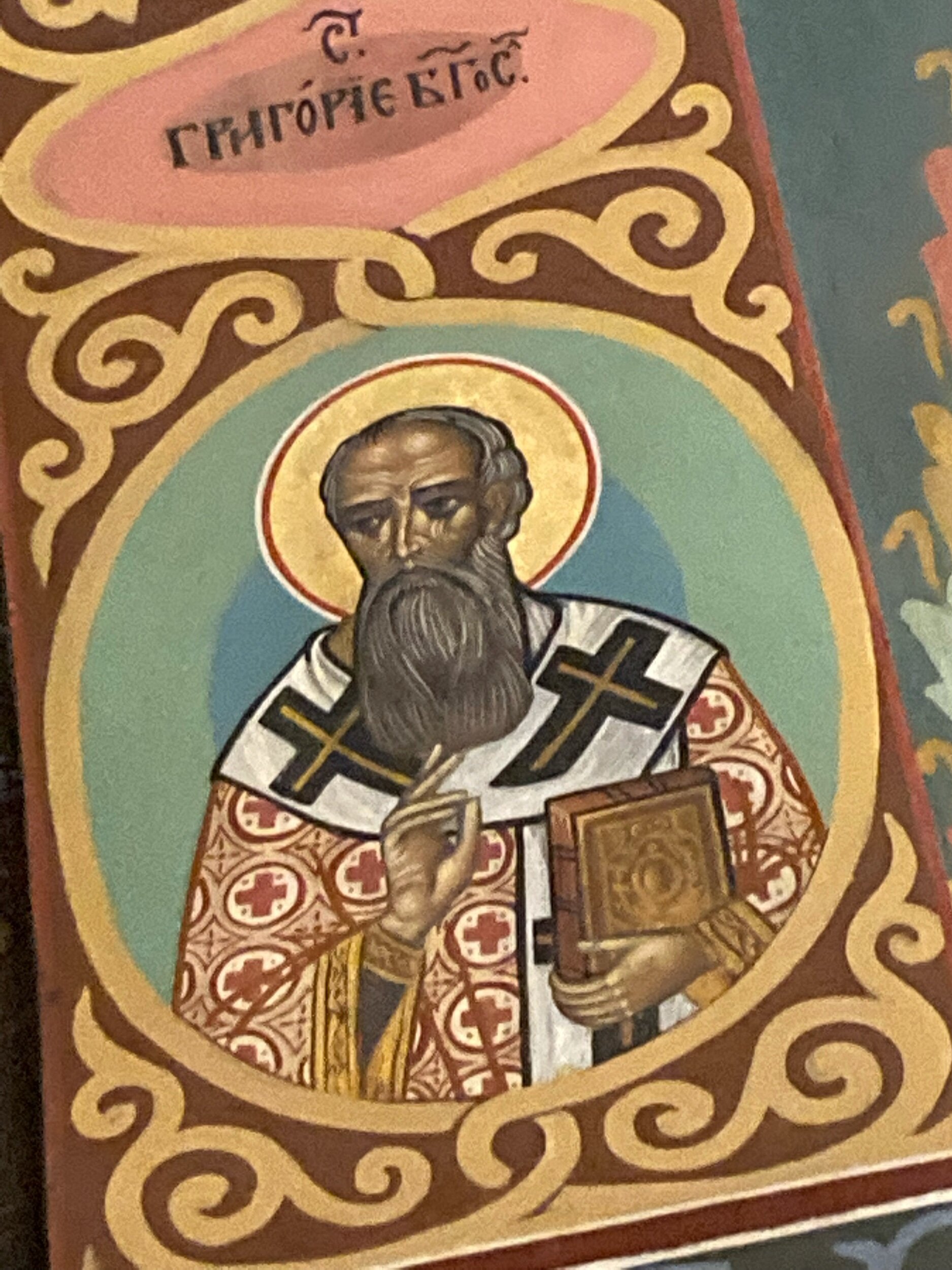



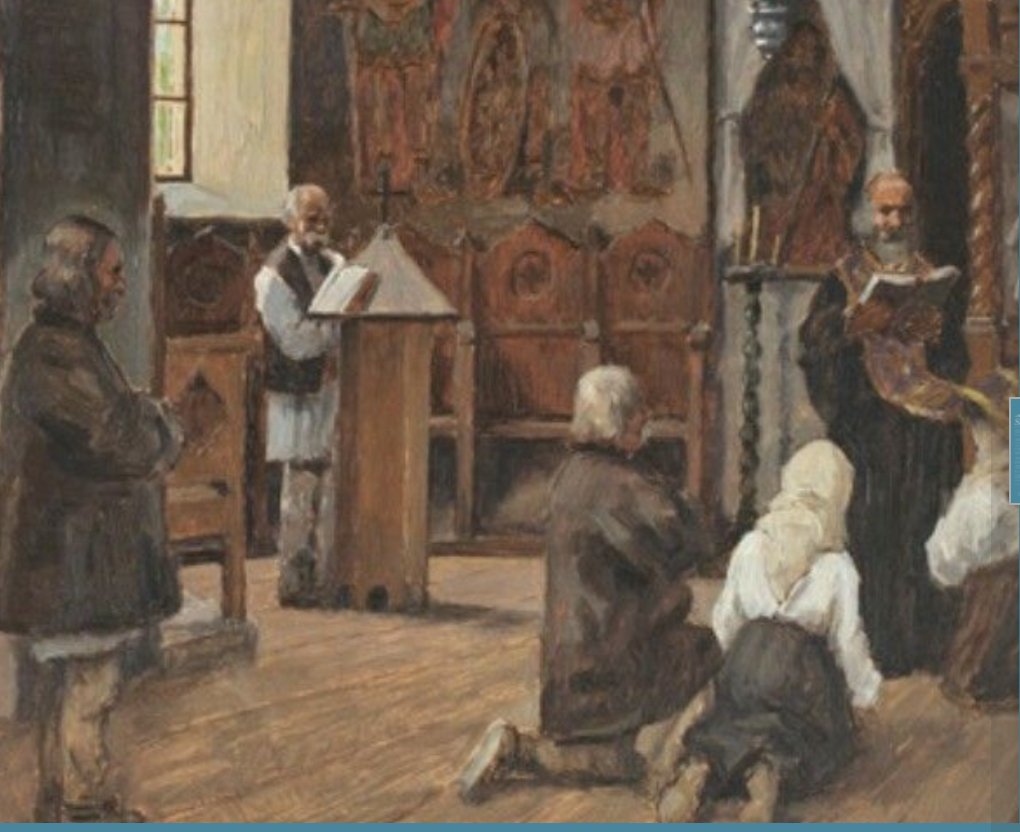

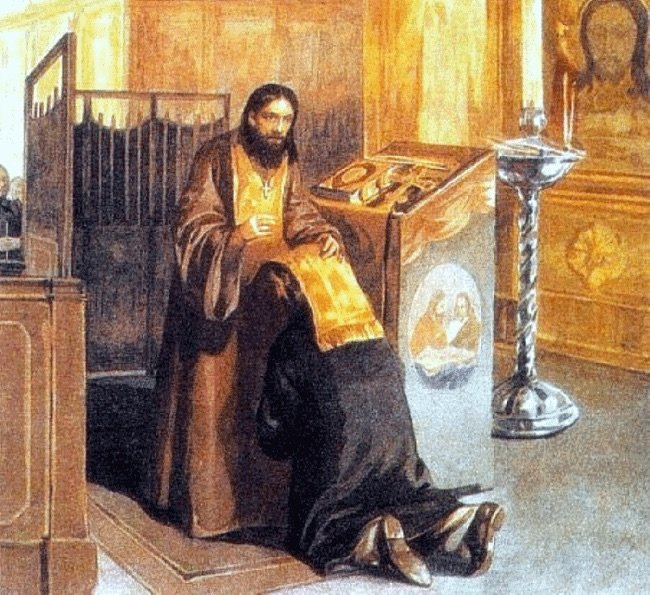

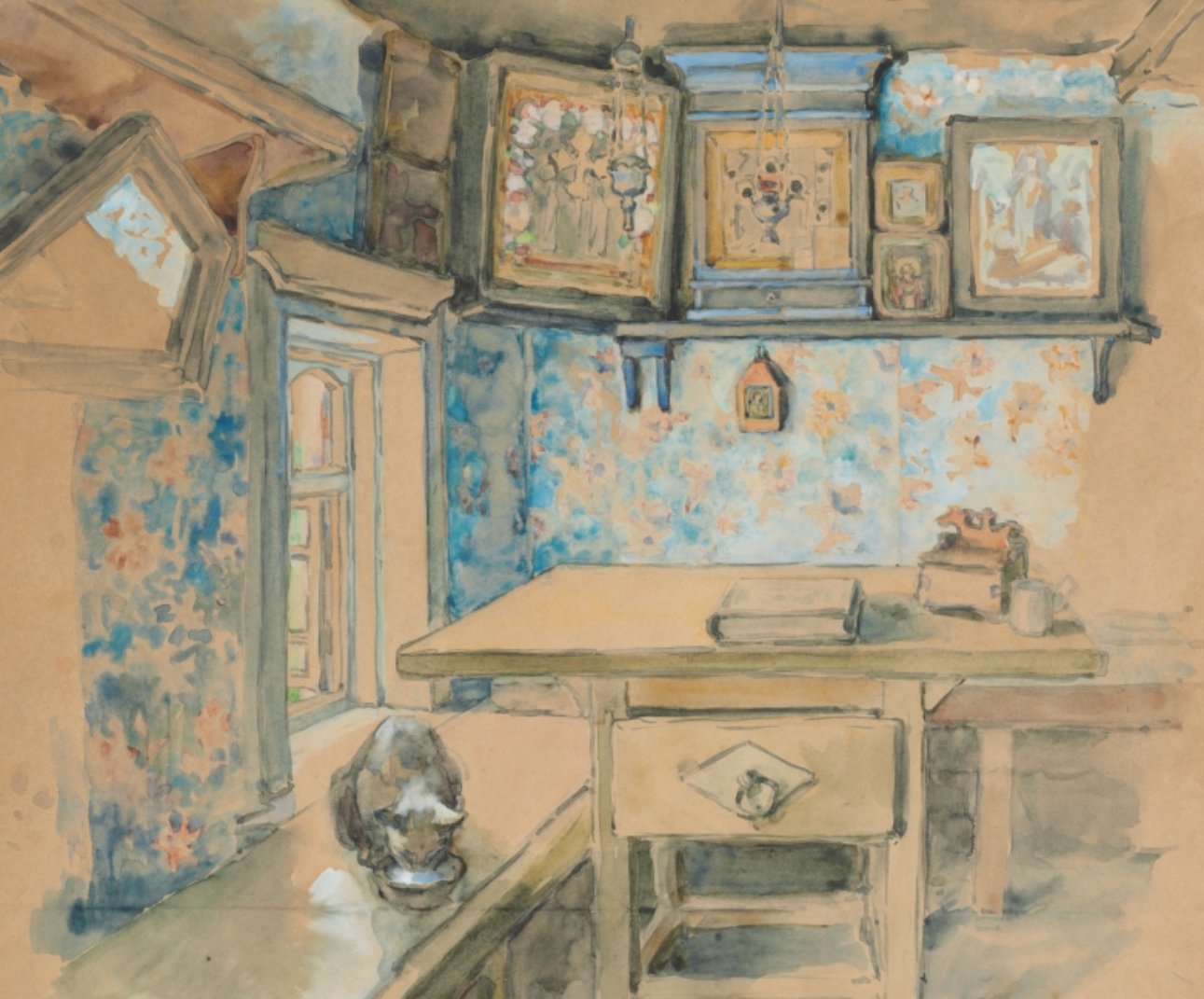


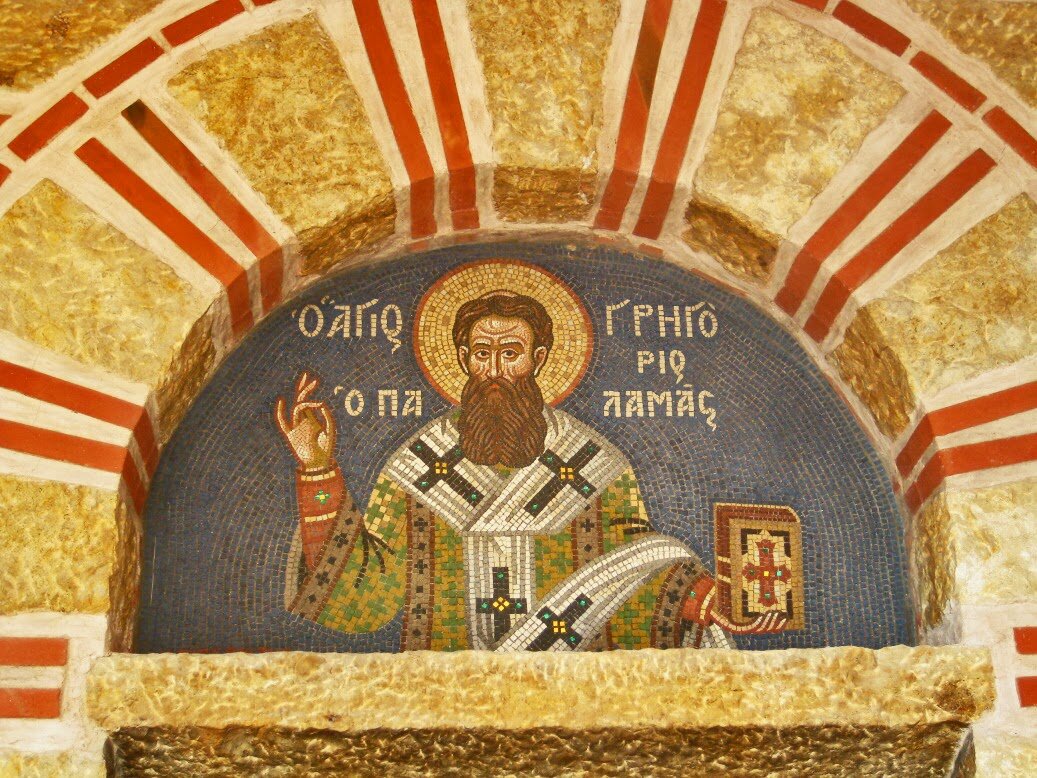
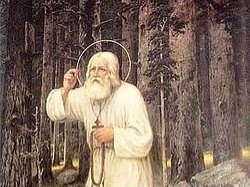
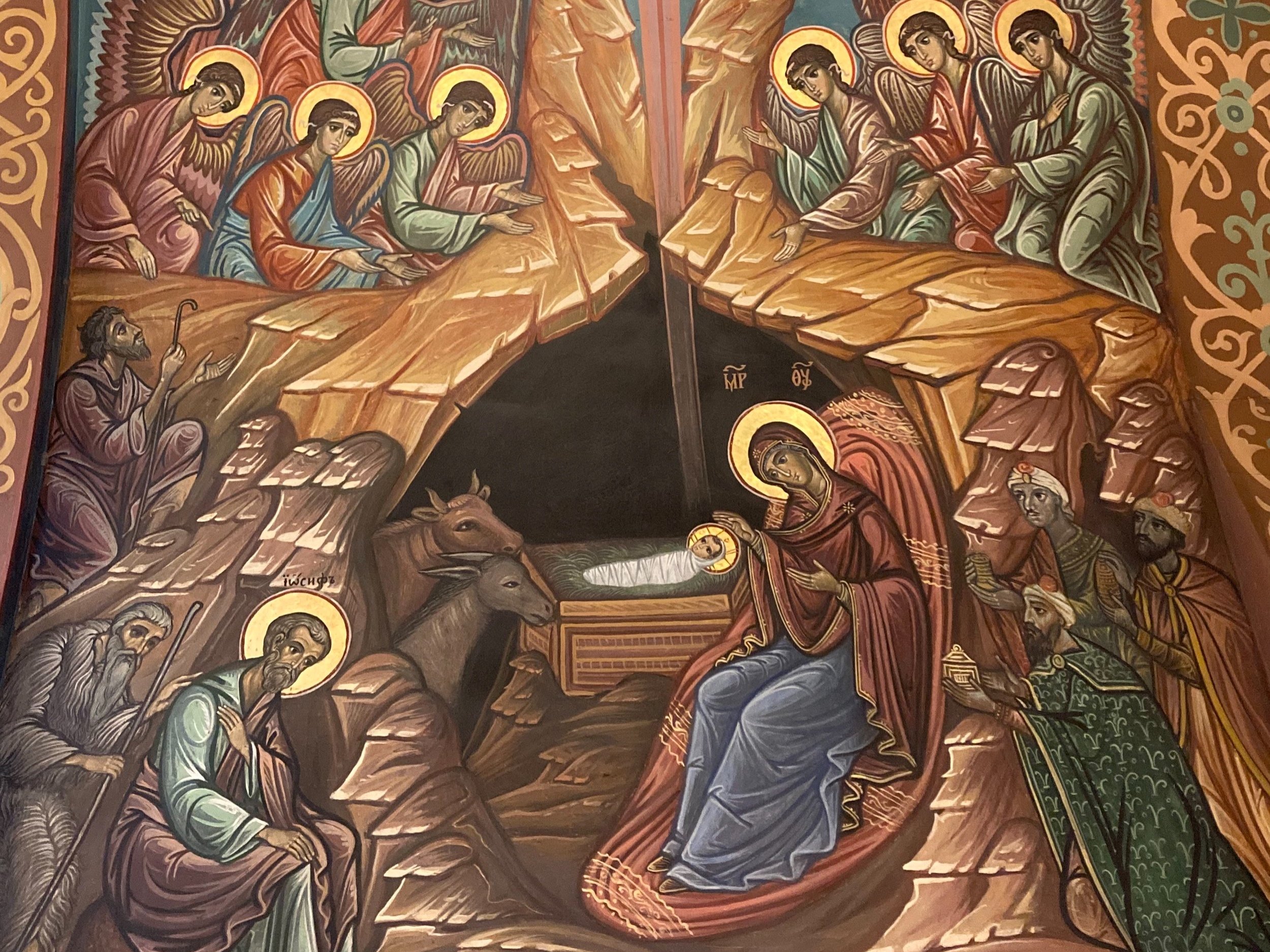
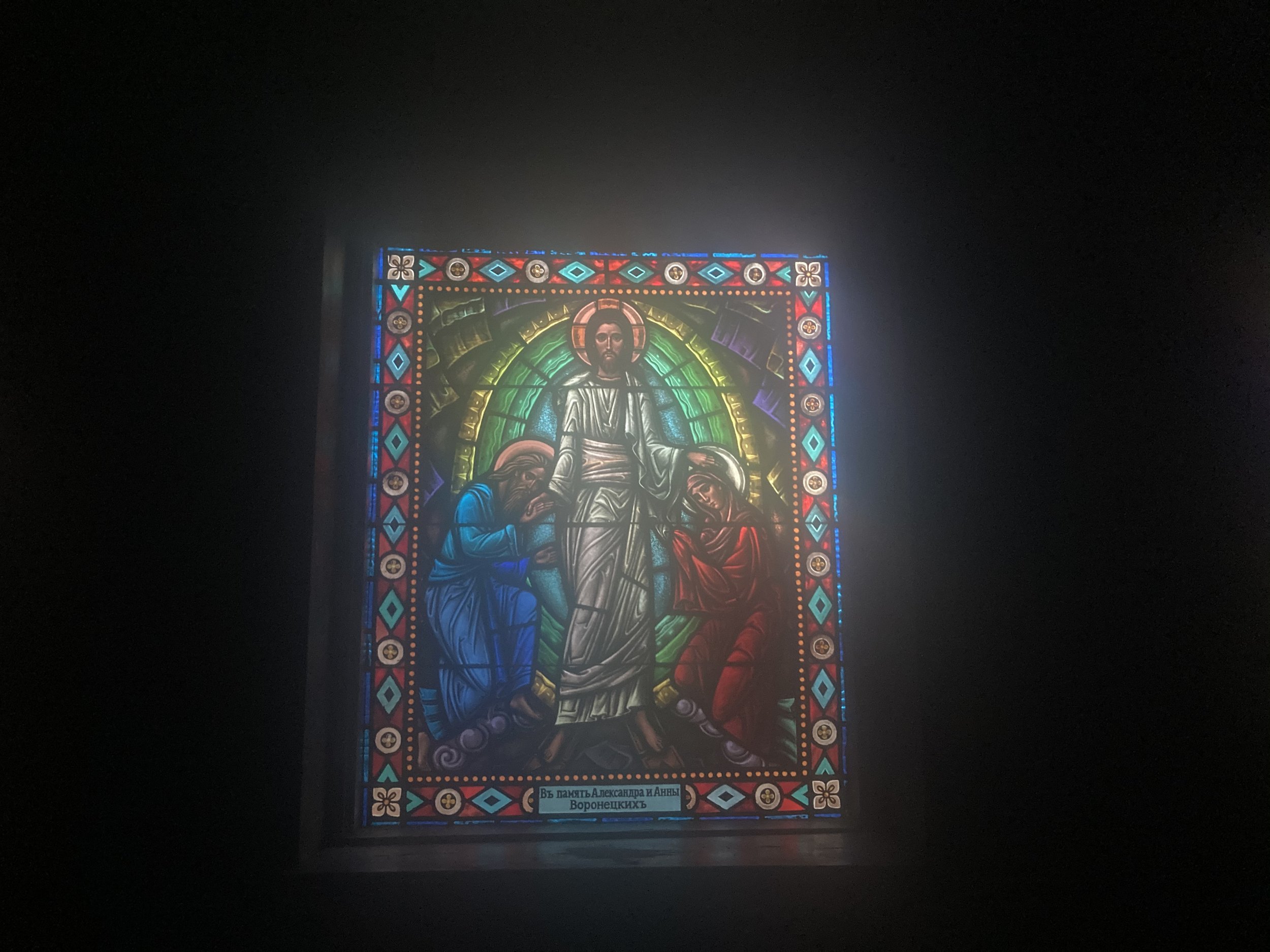
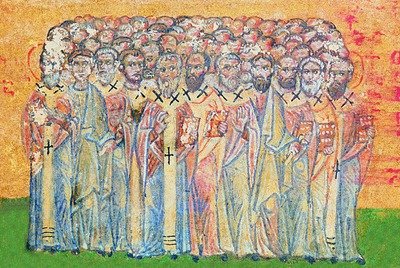
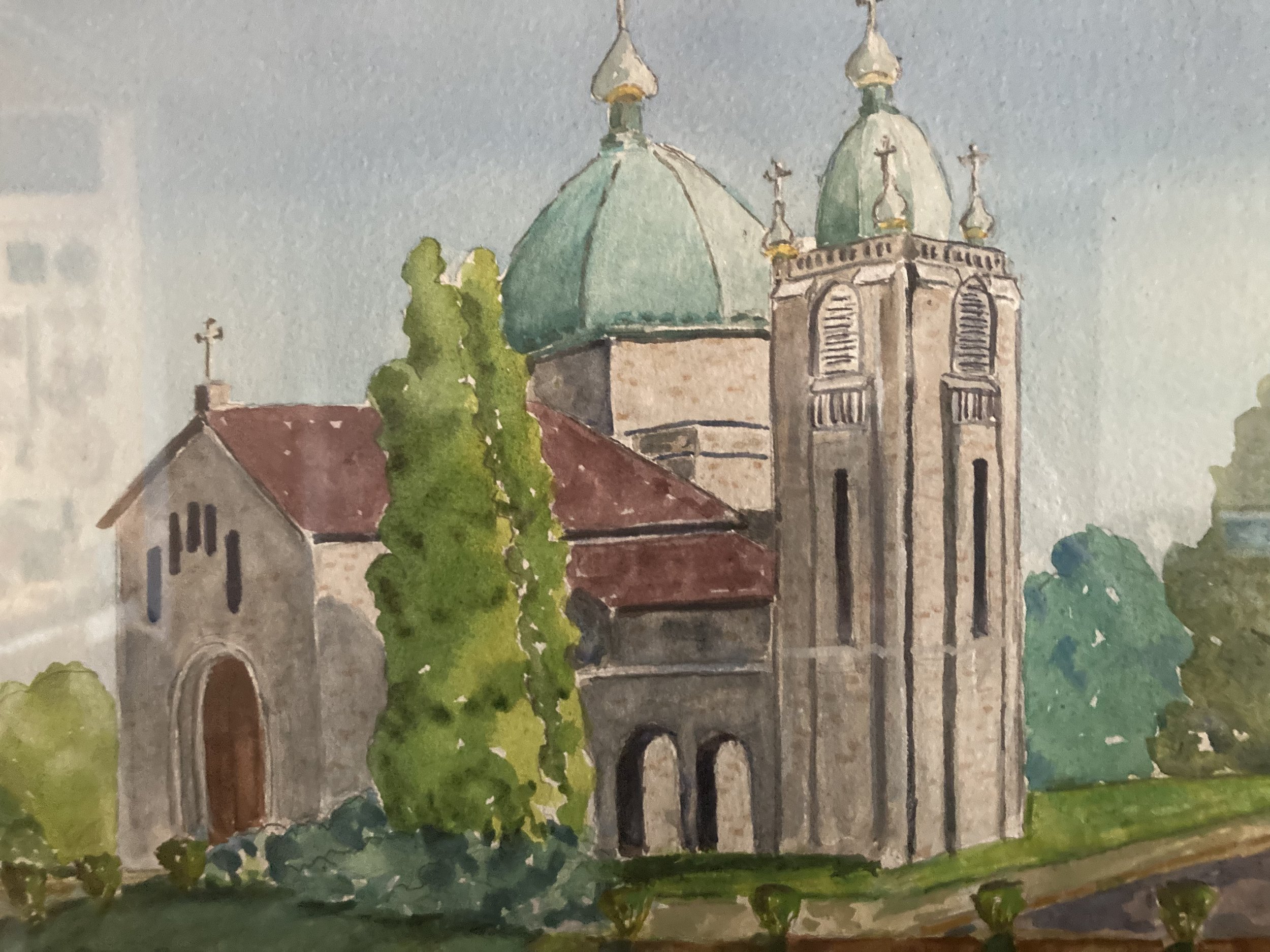
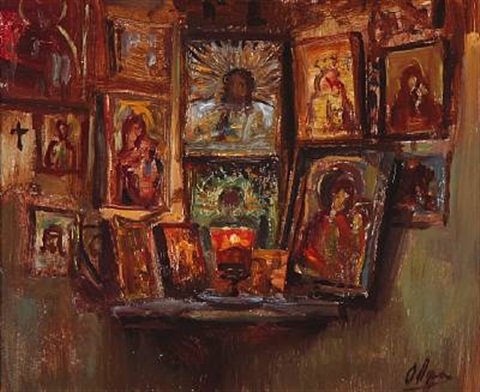
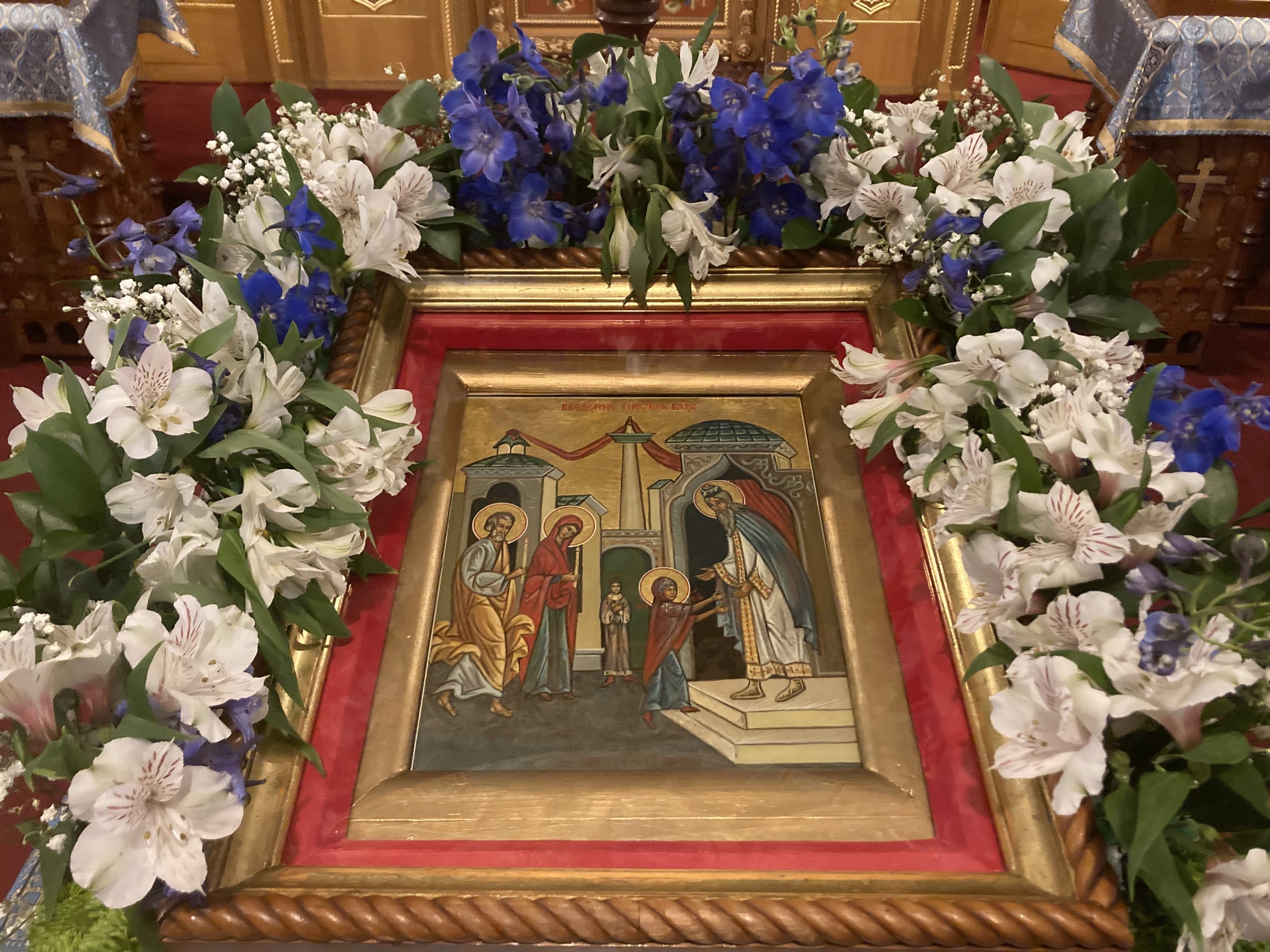
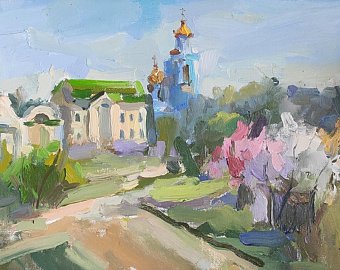
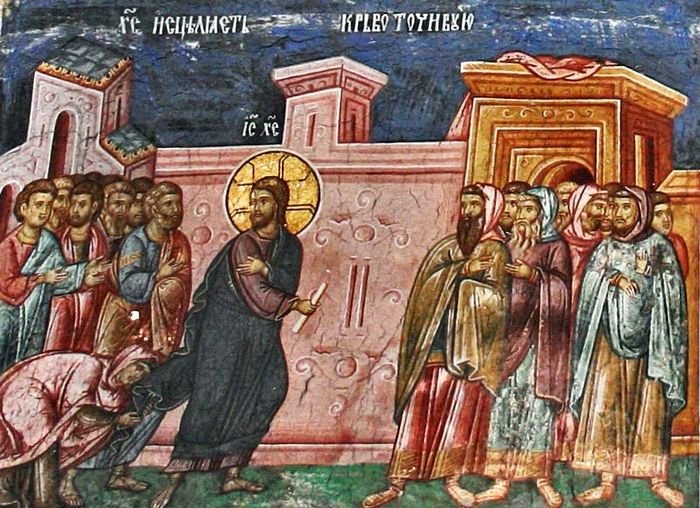
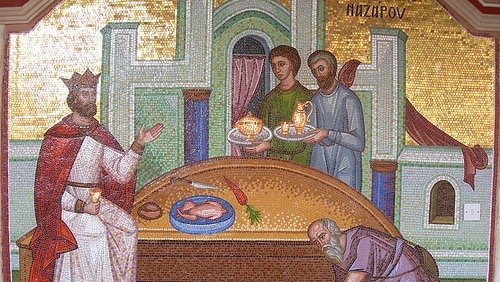
St. Justin Popovich gives us the foundational reason on why to read the Holy Scriptures, how to read the Scriptures and how to understand the Holy Scriptures. “Do [what is in the Holy Scriptures] so that you may understand it.”